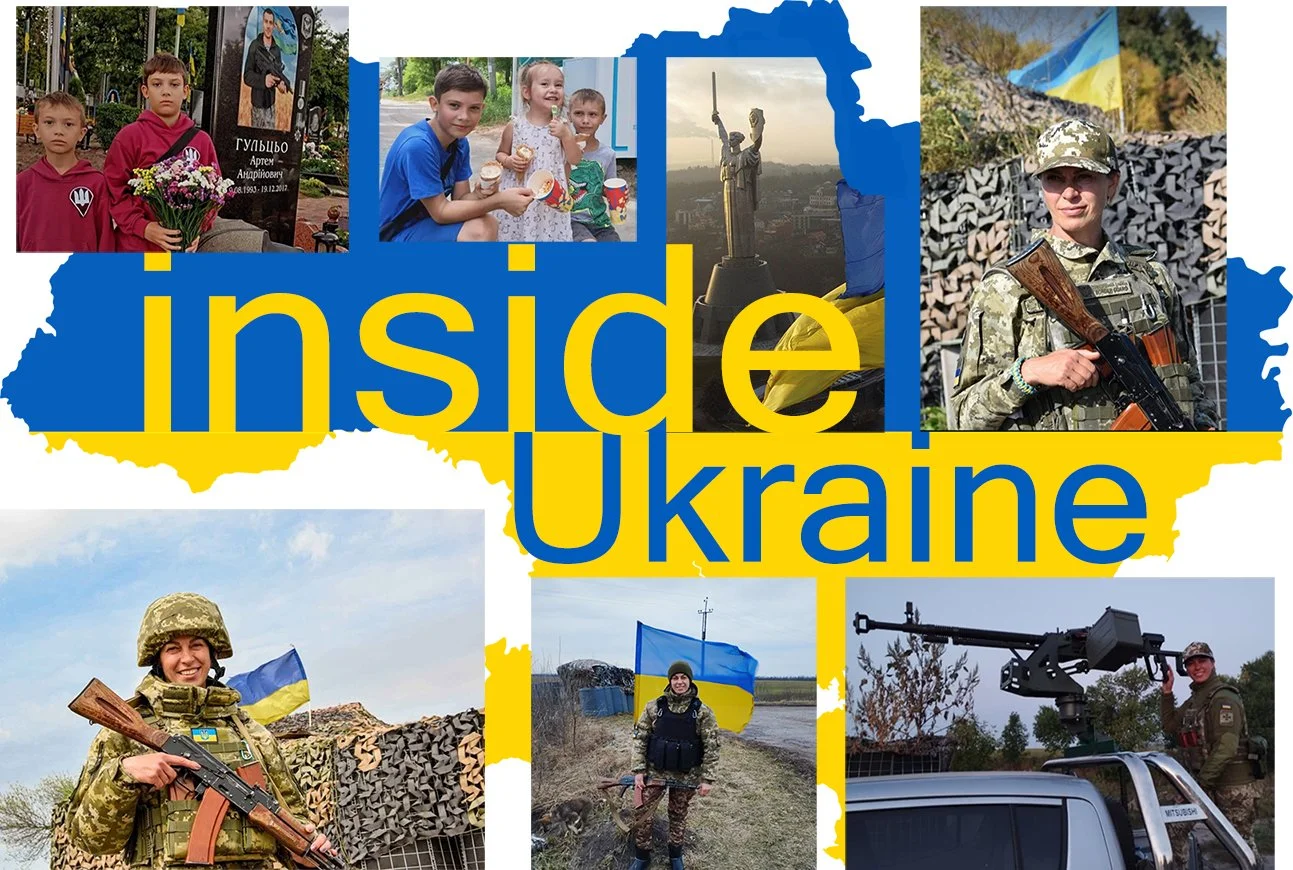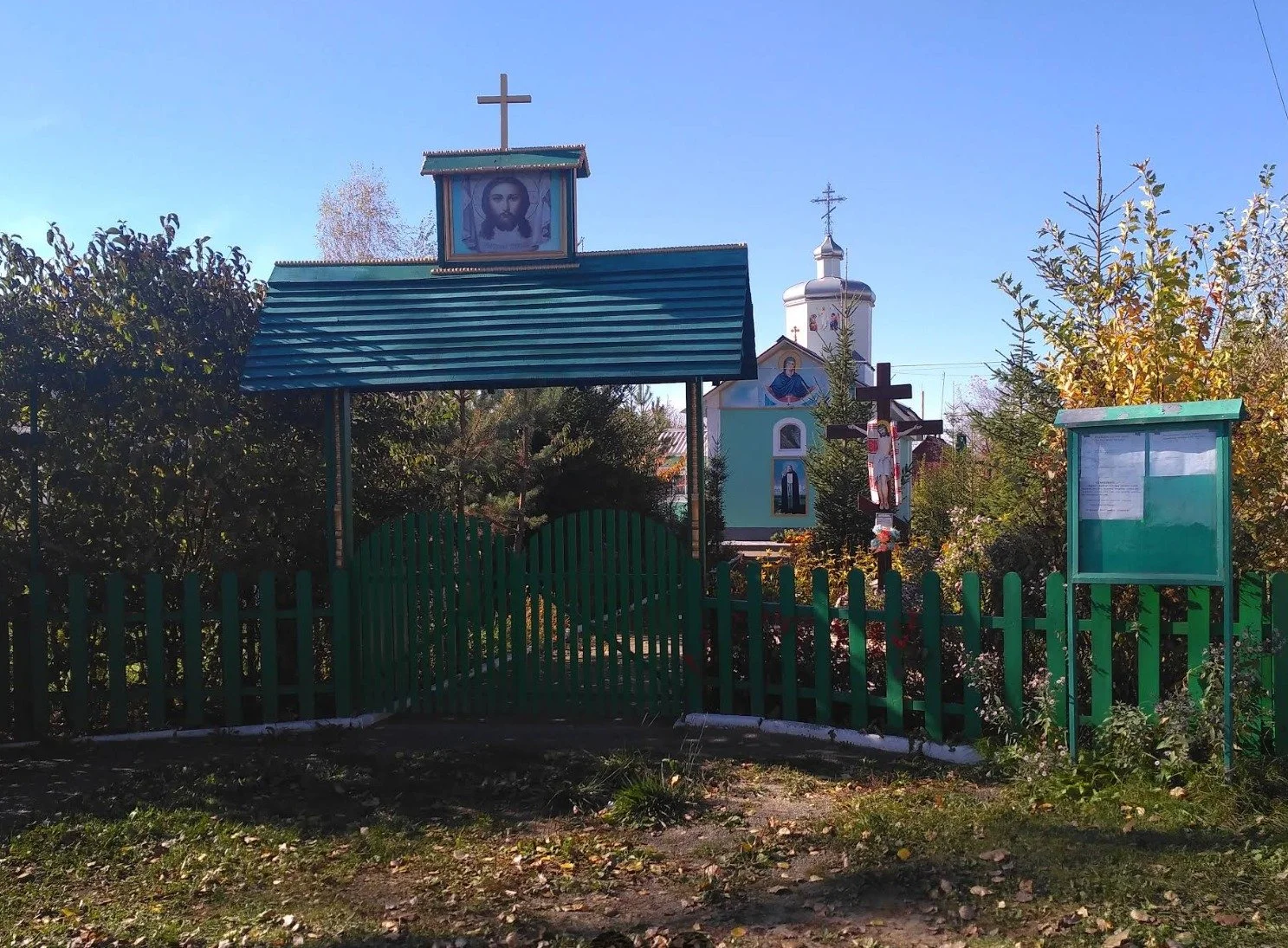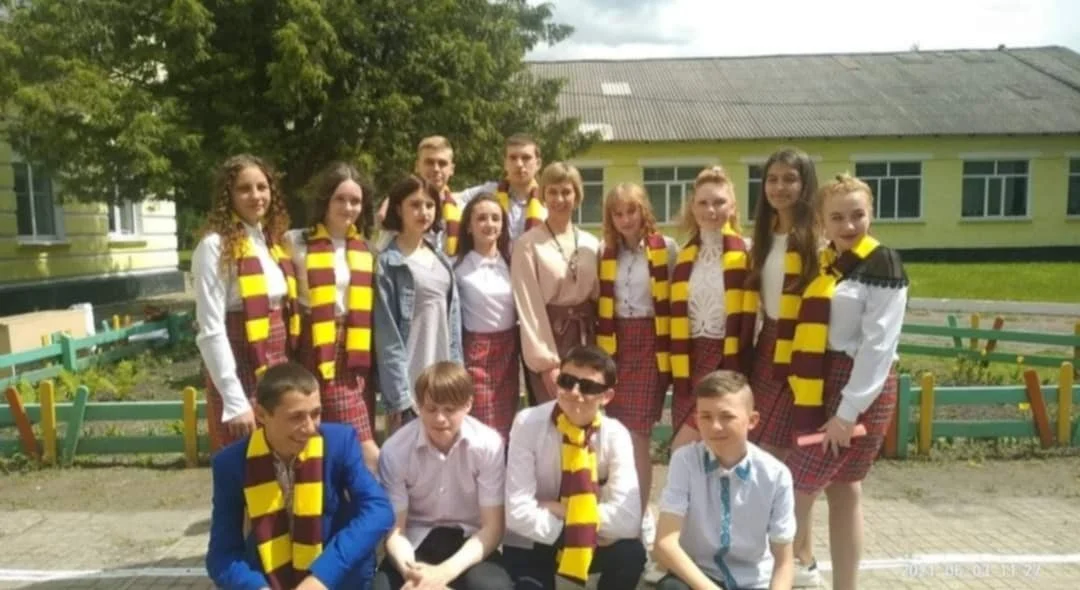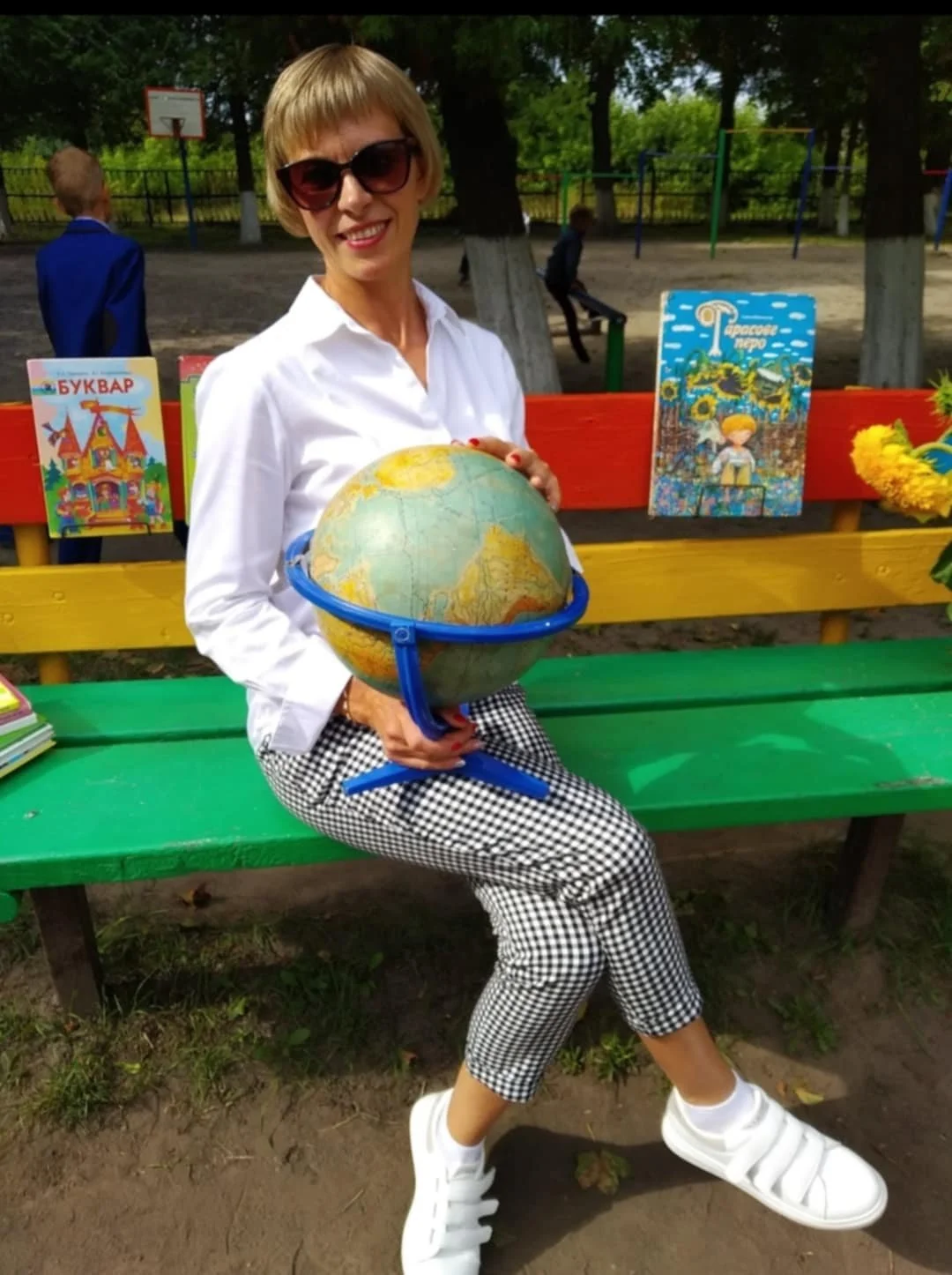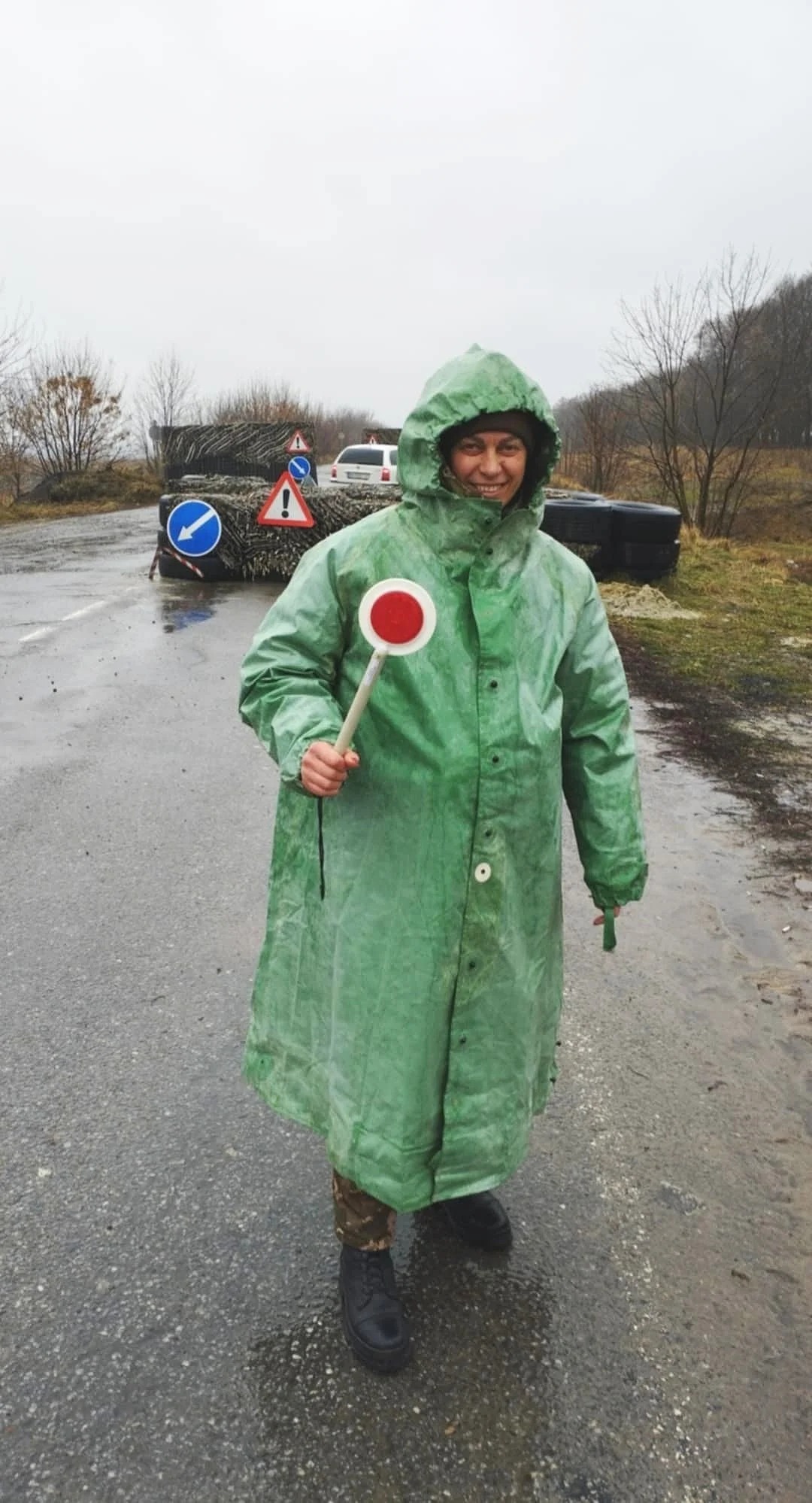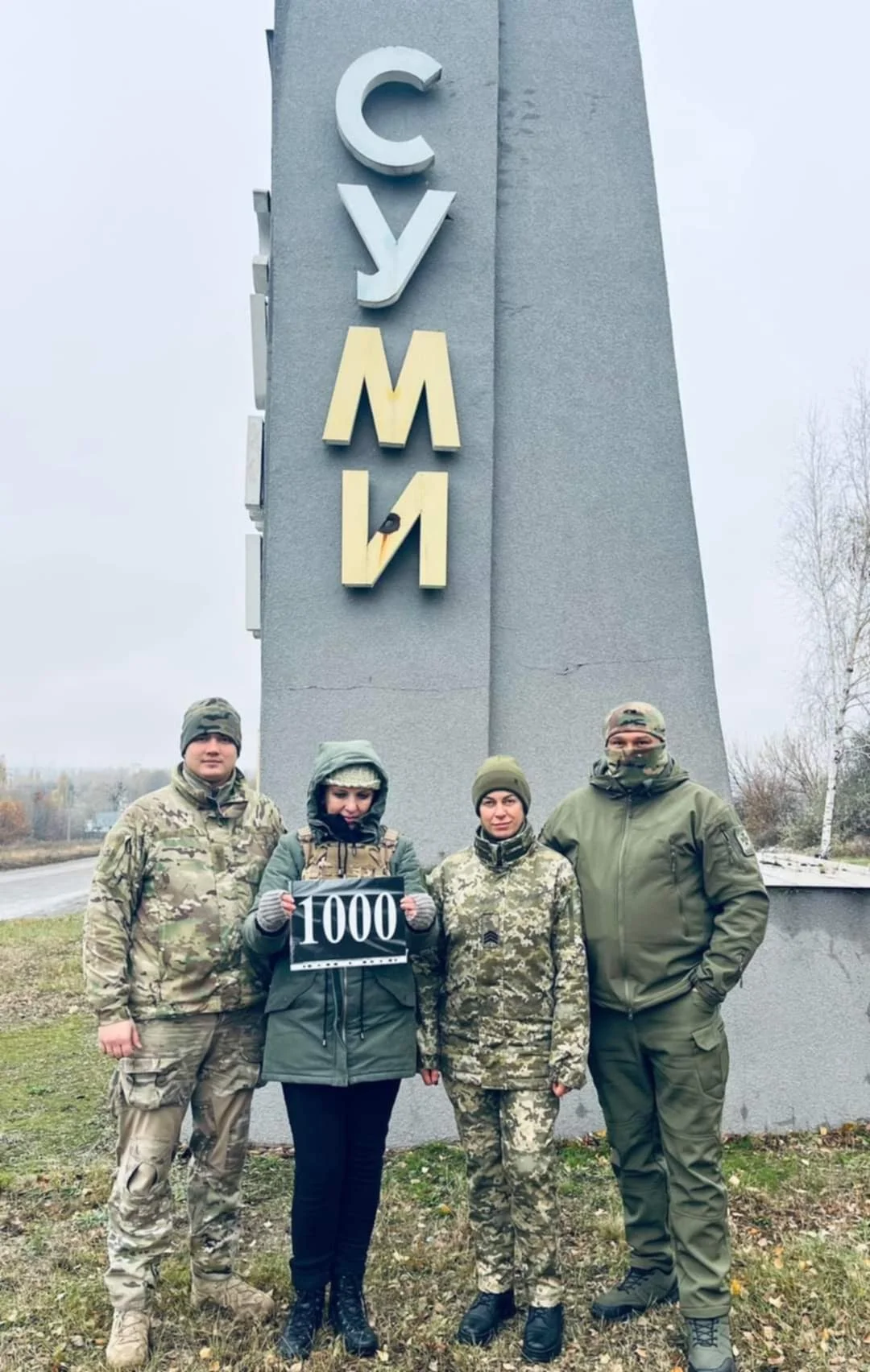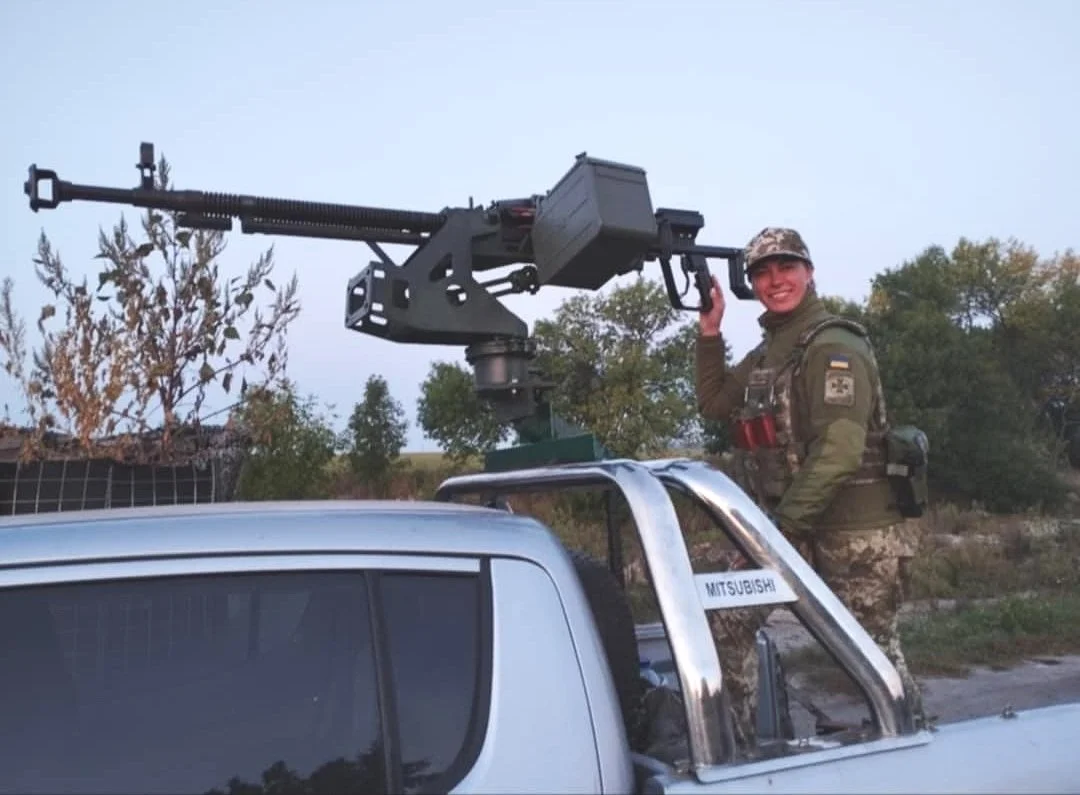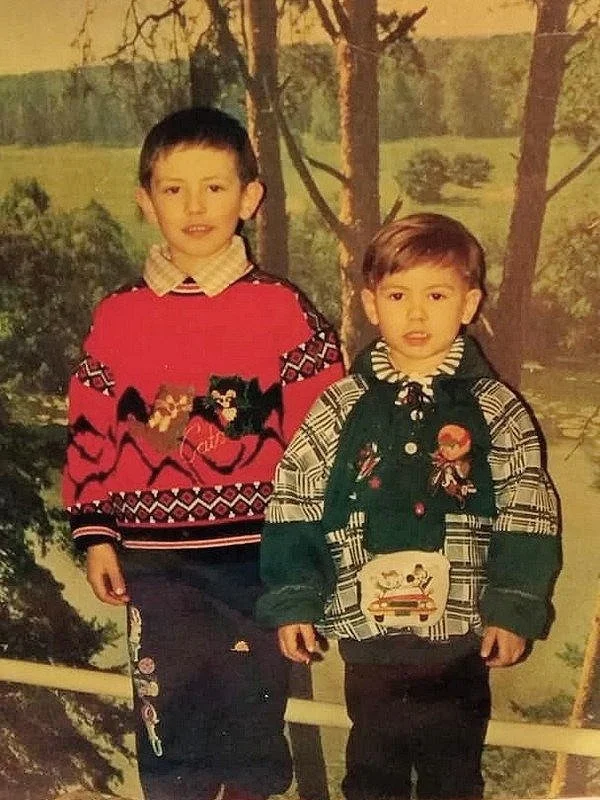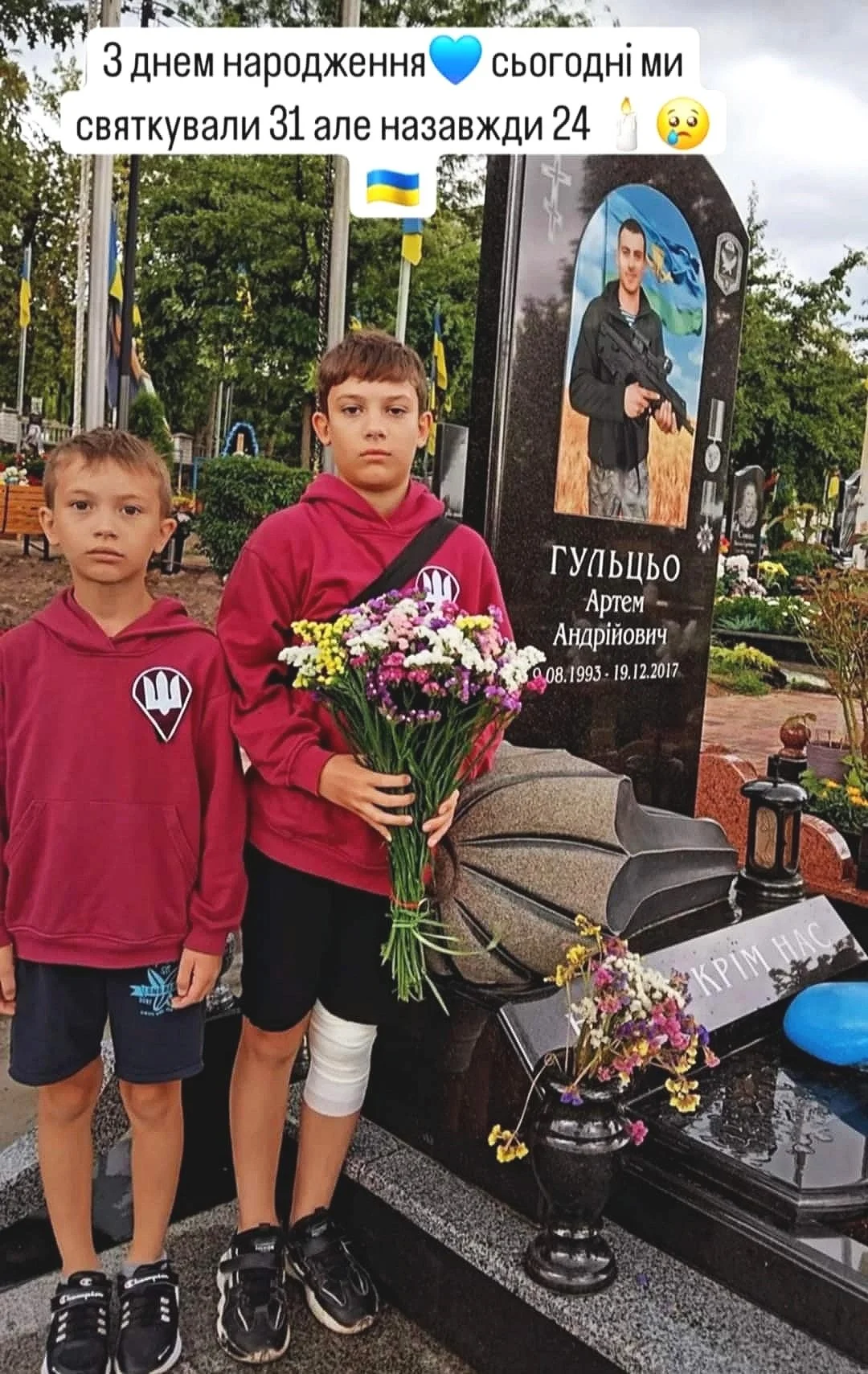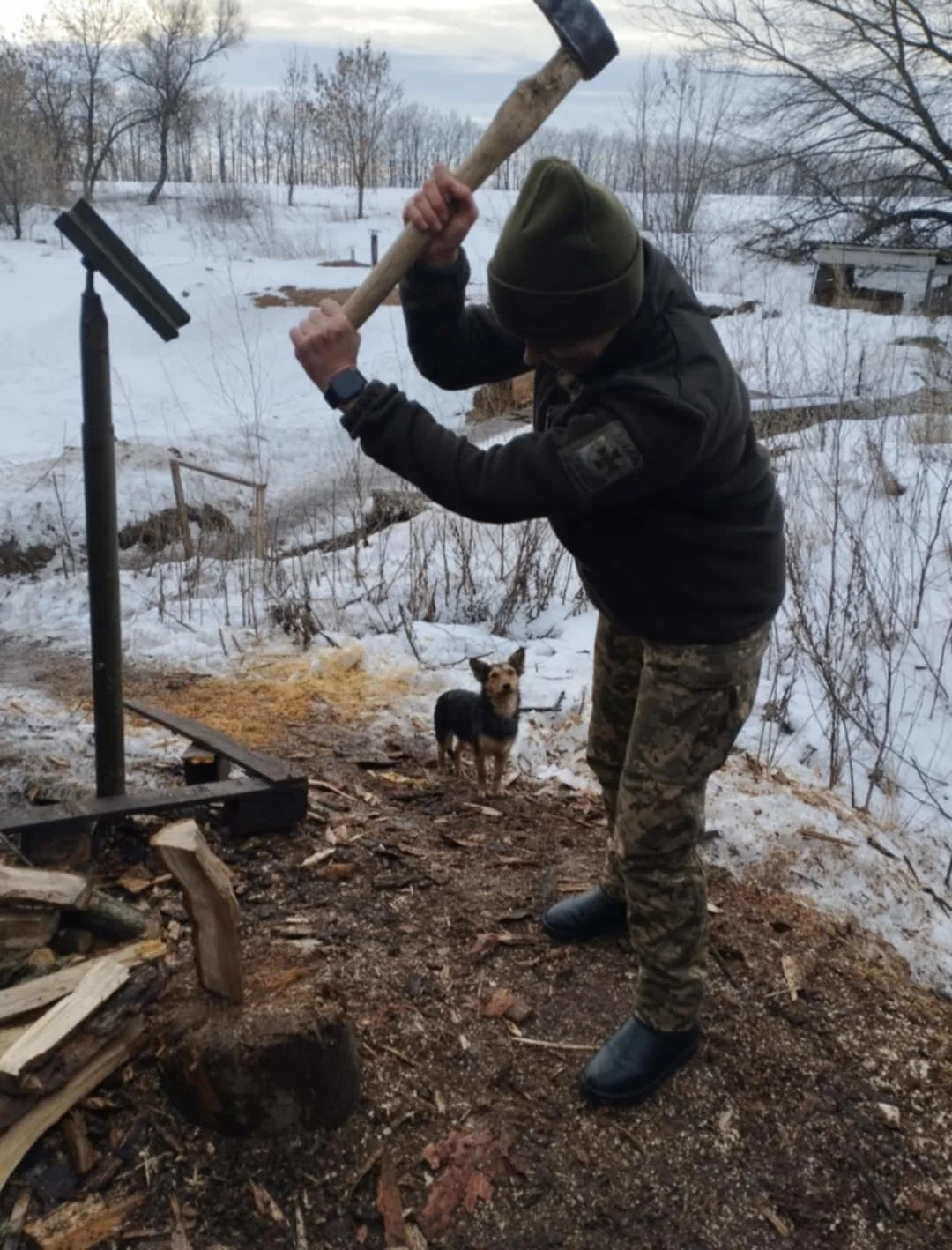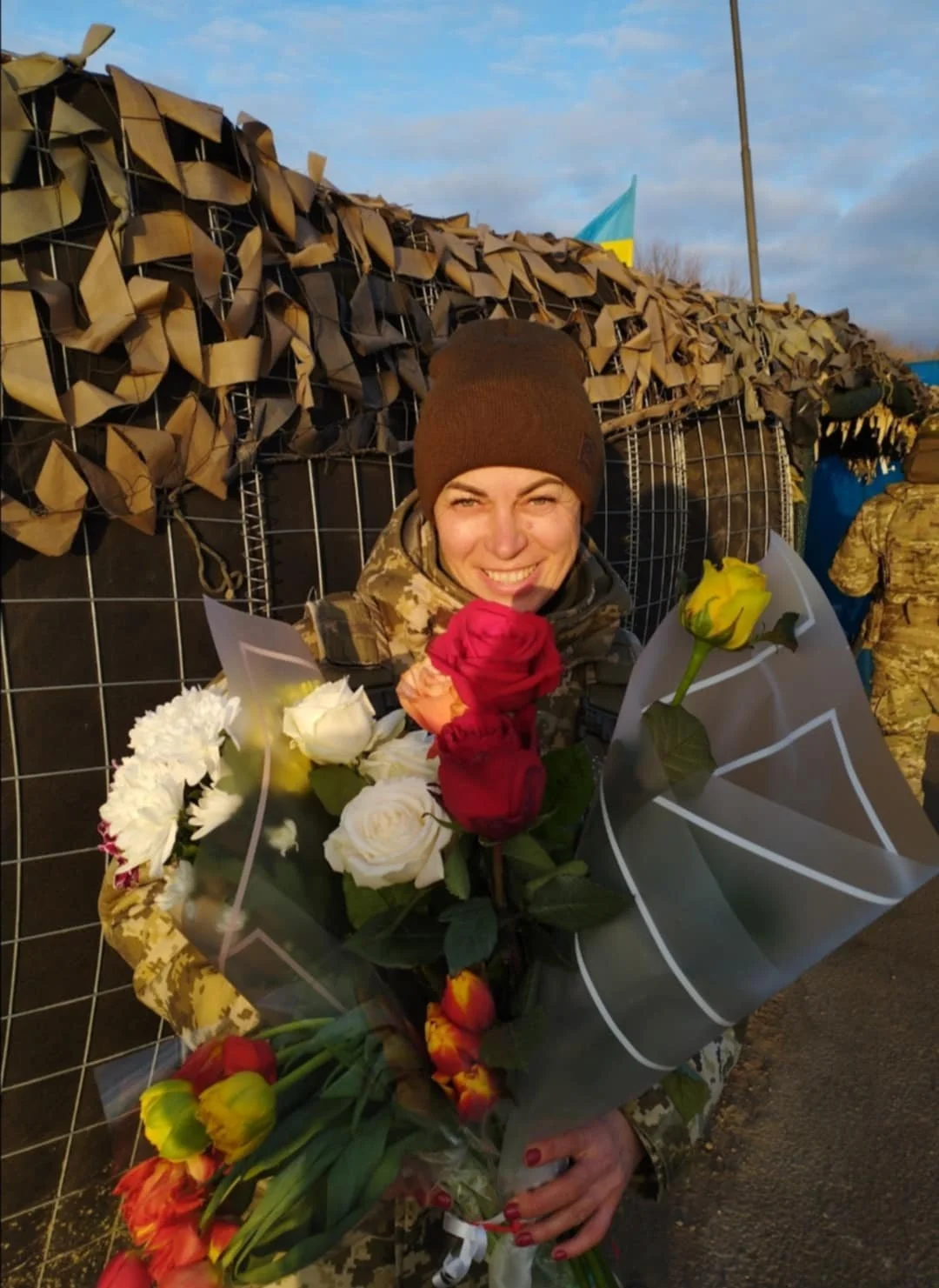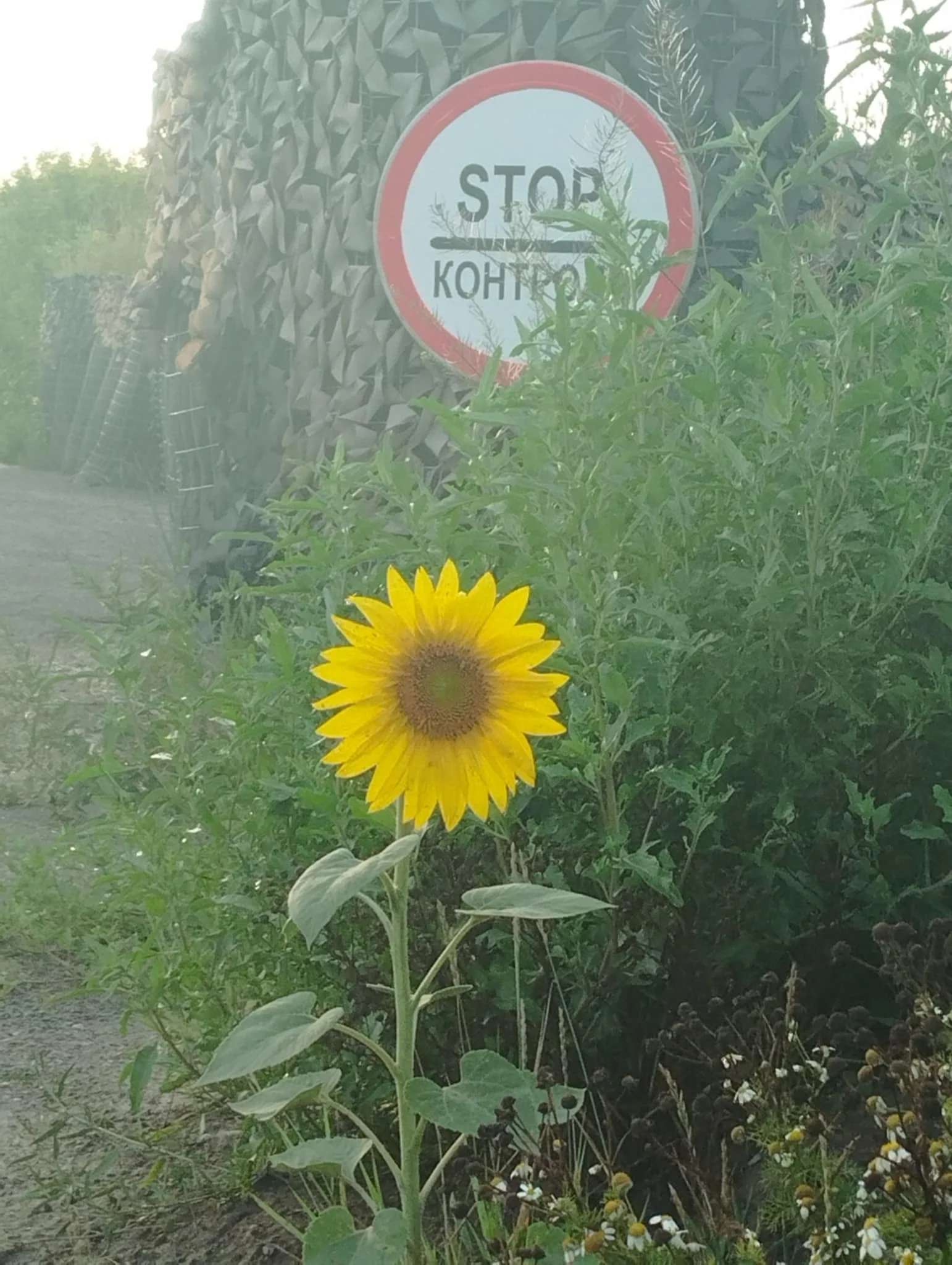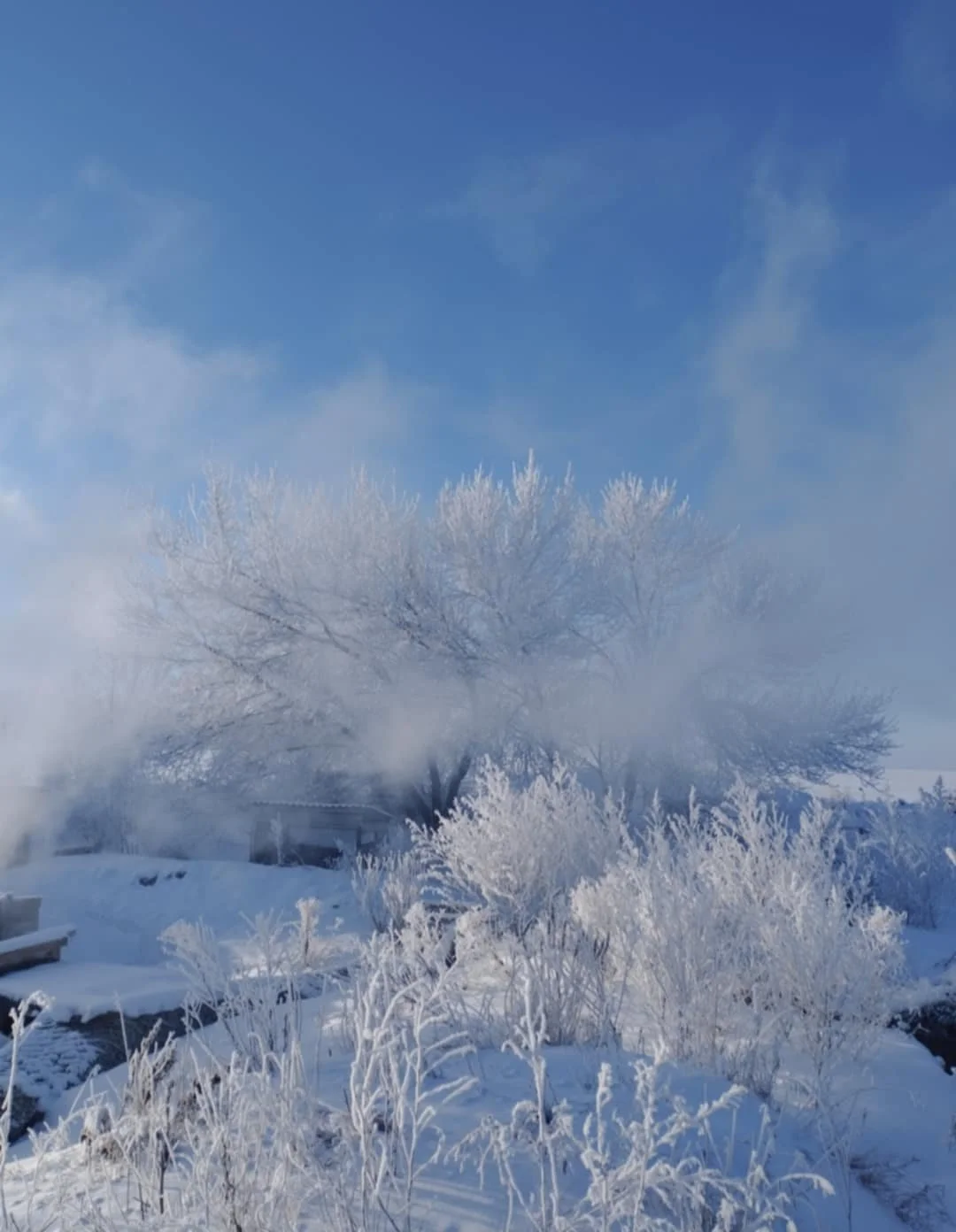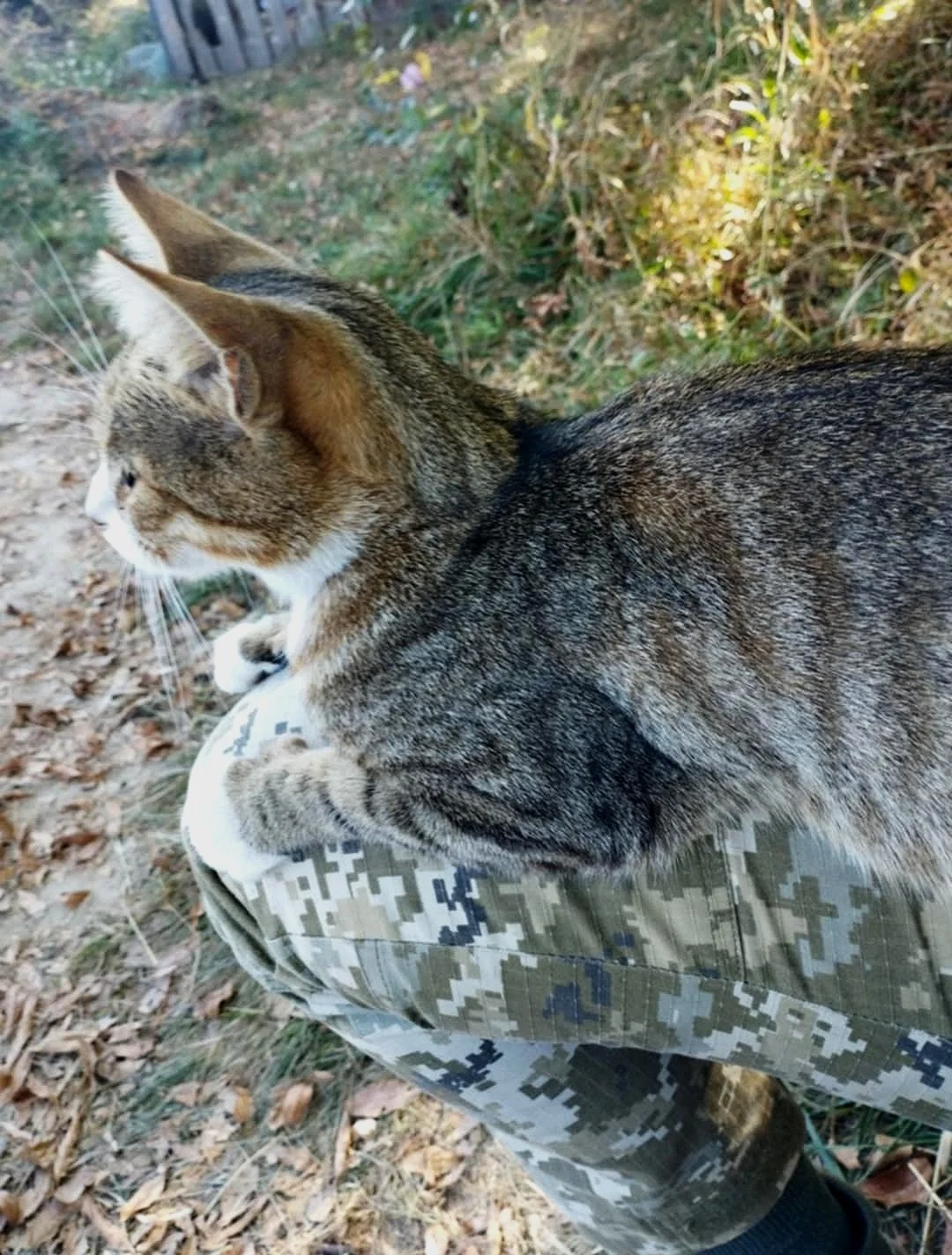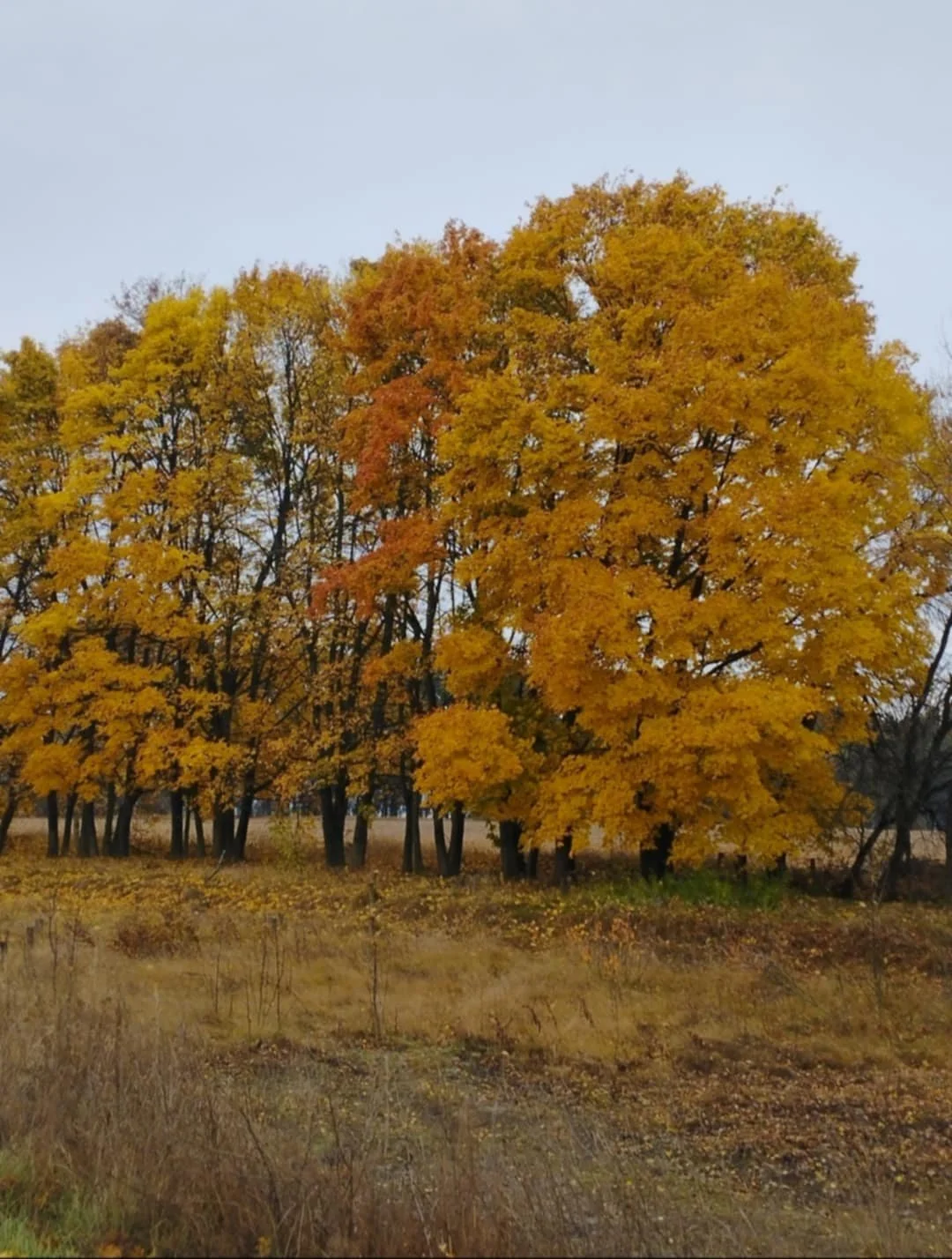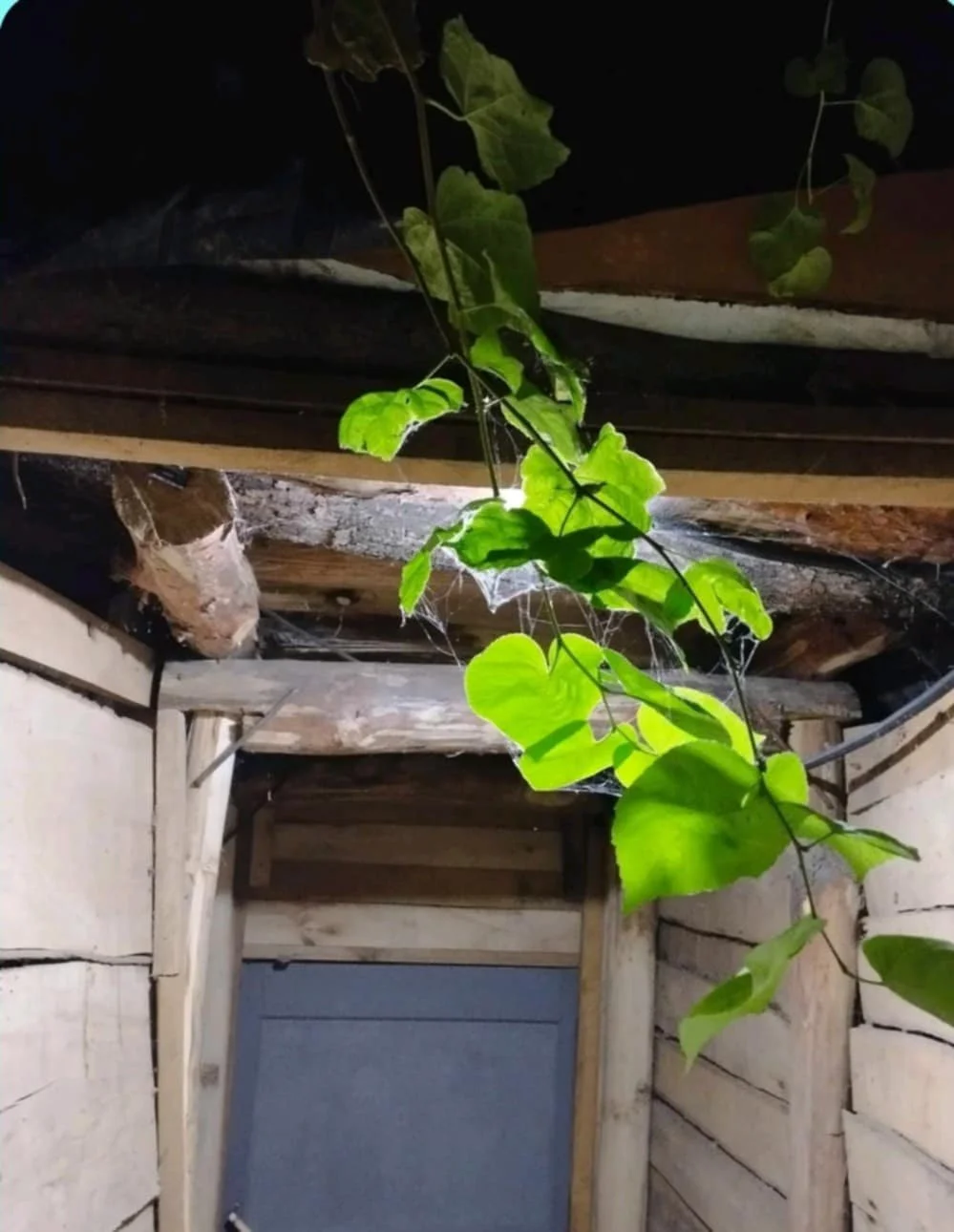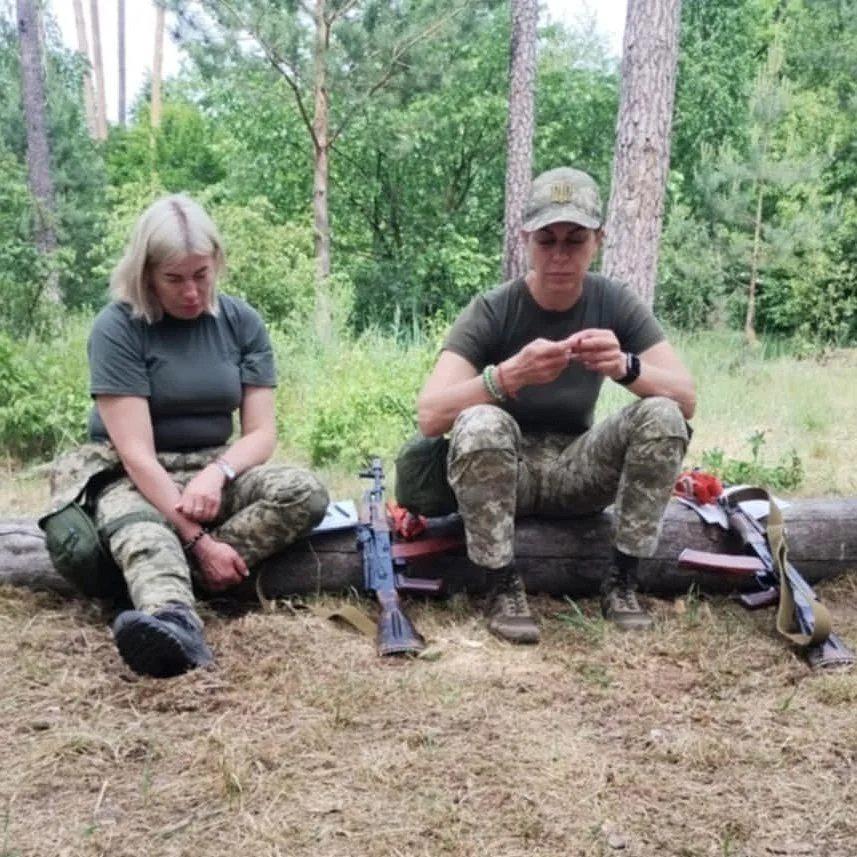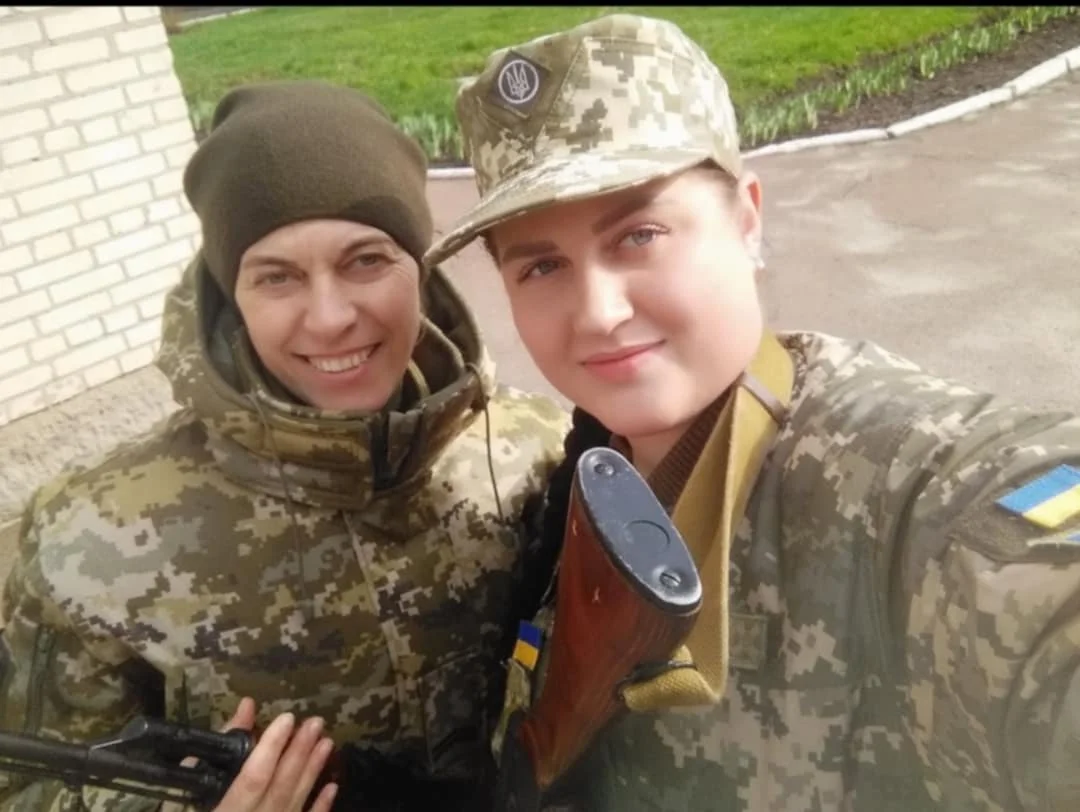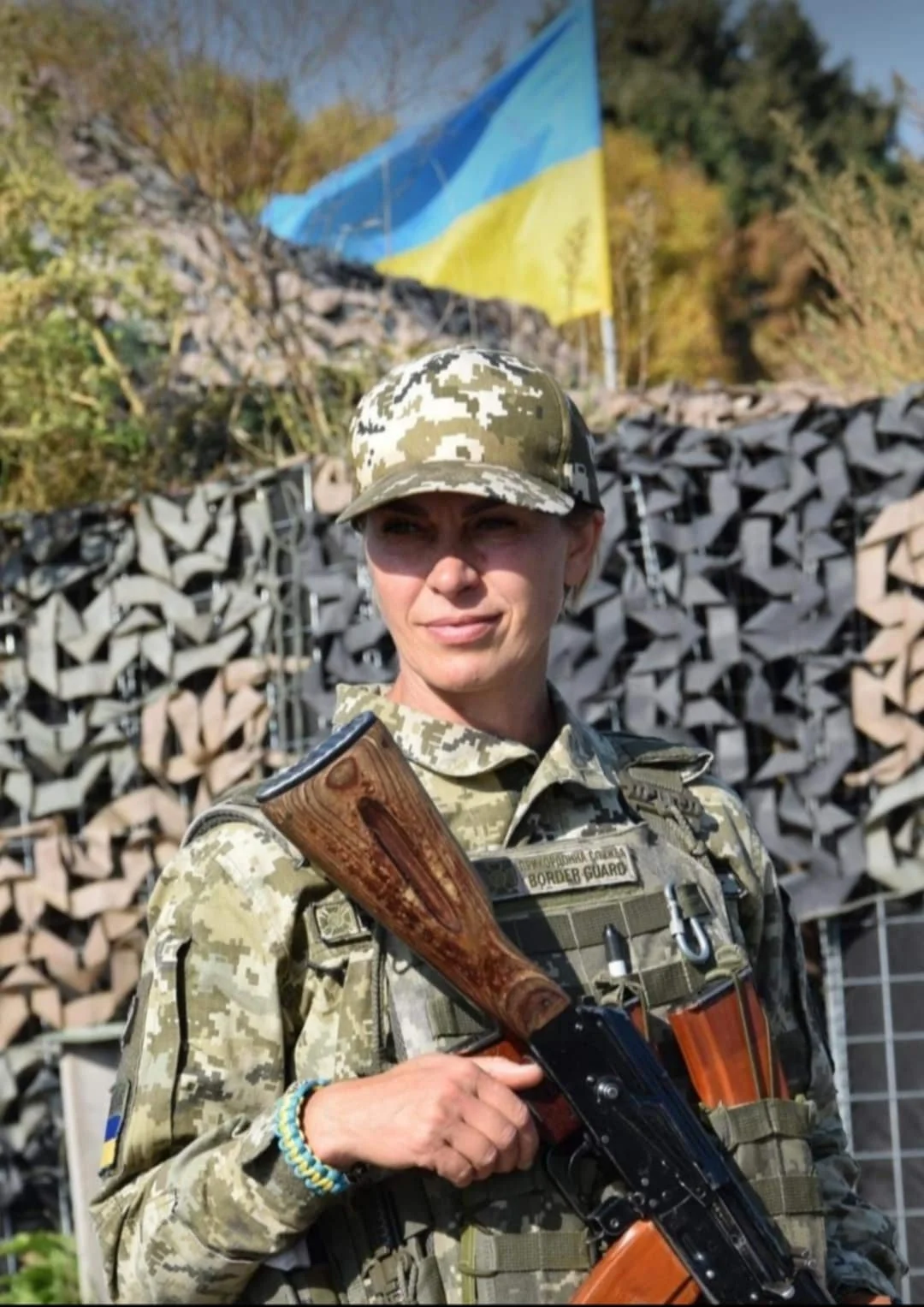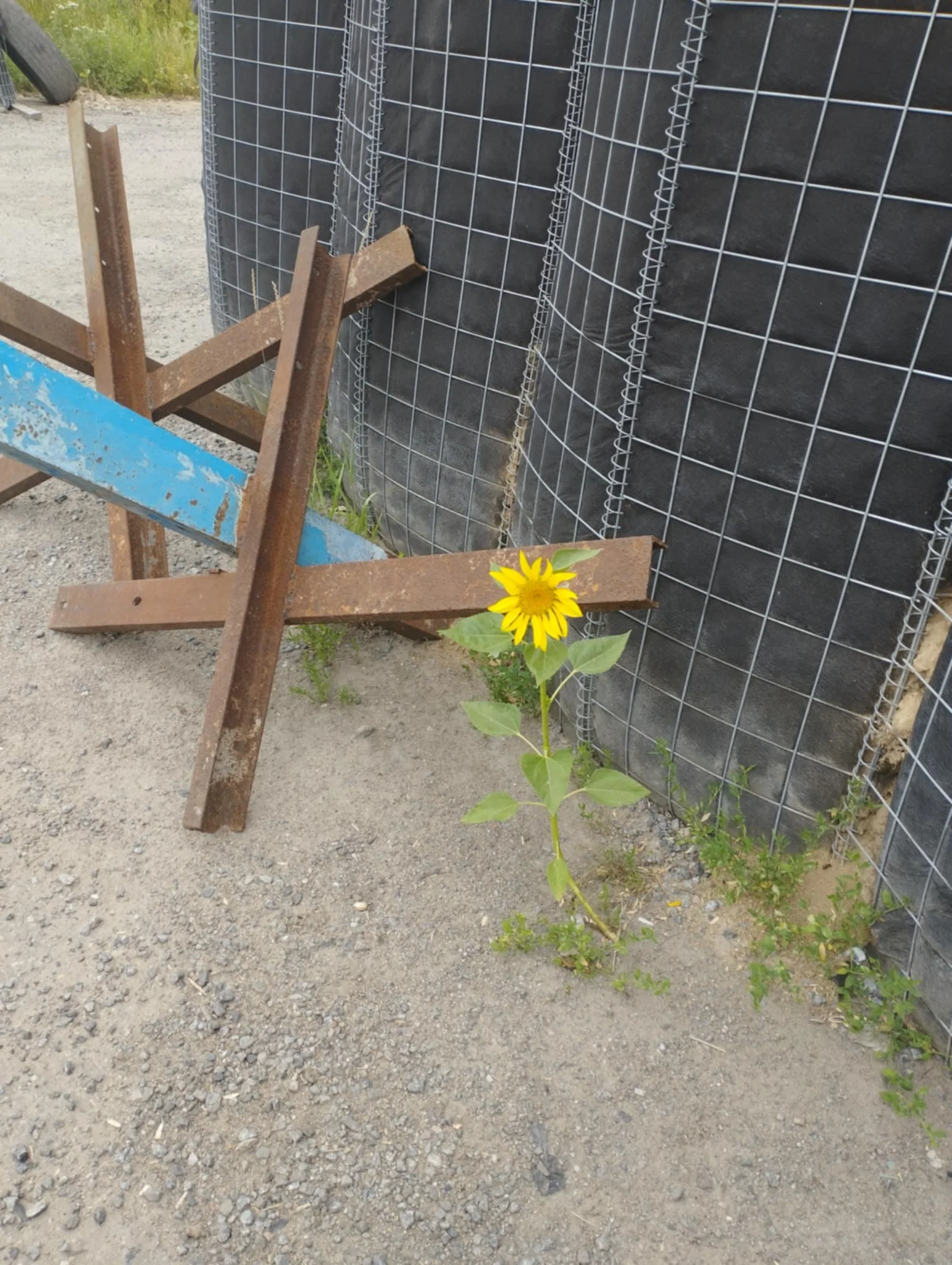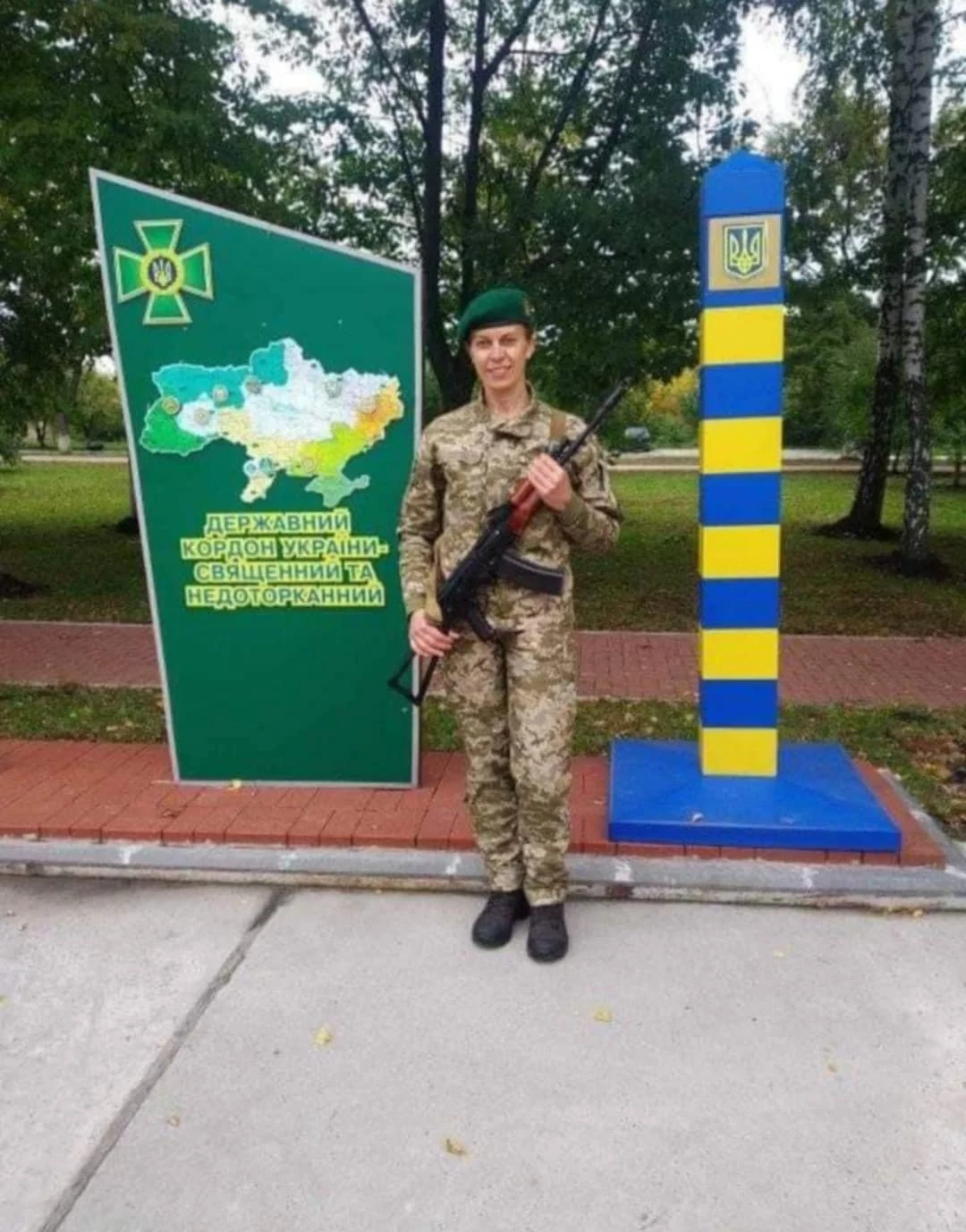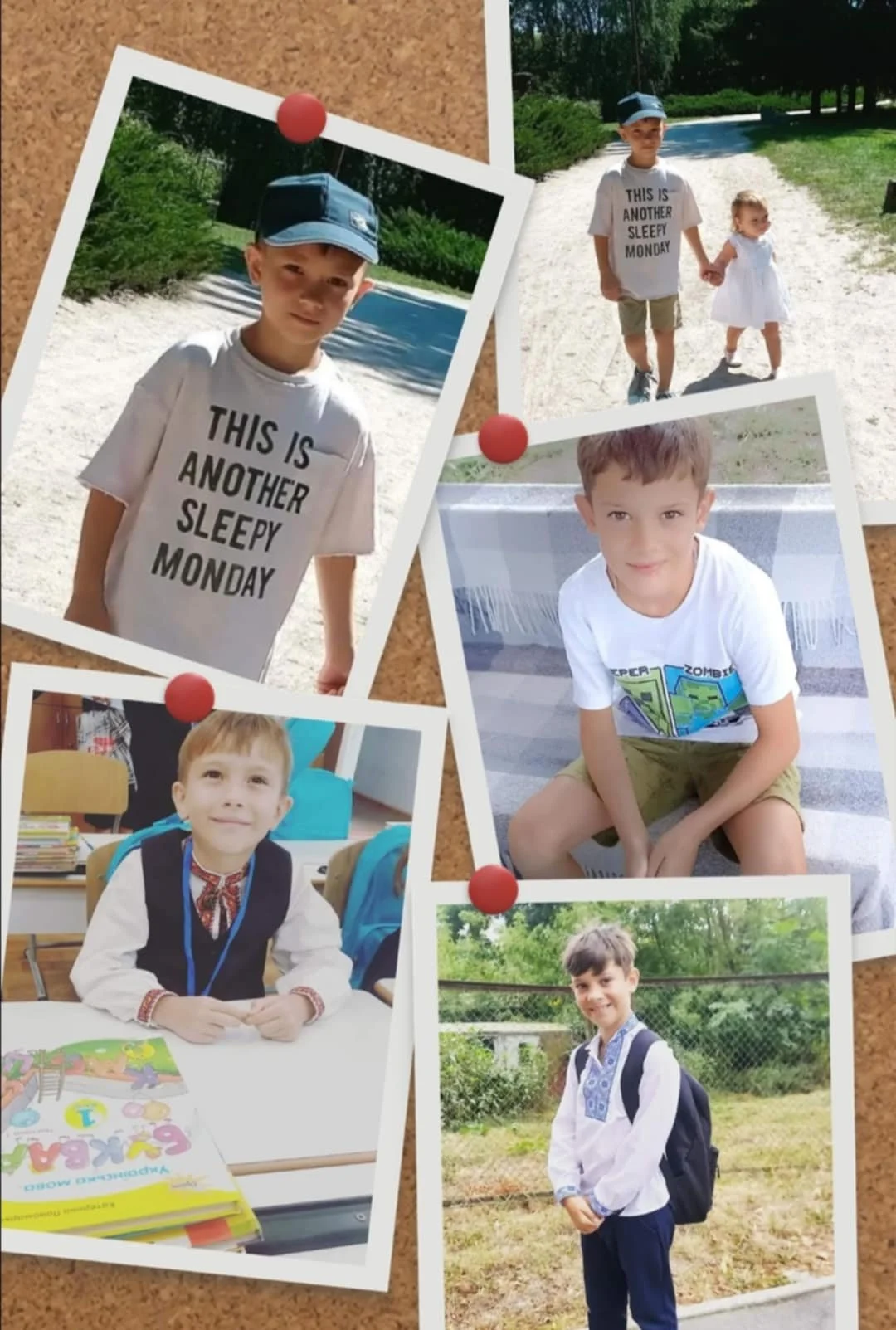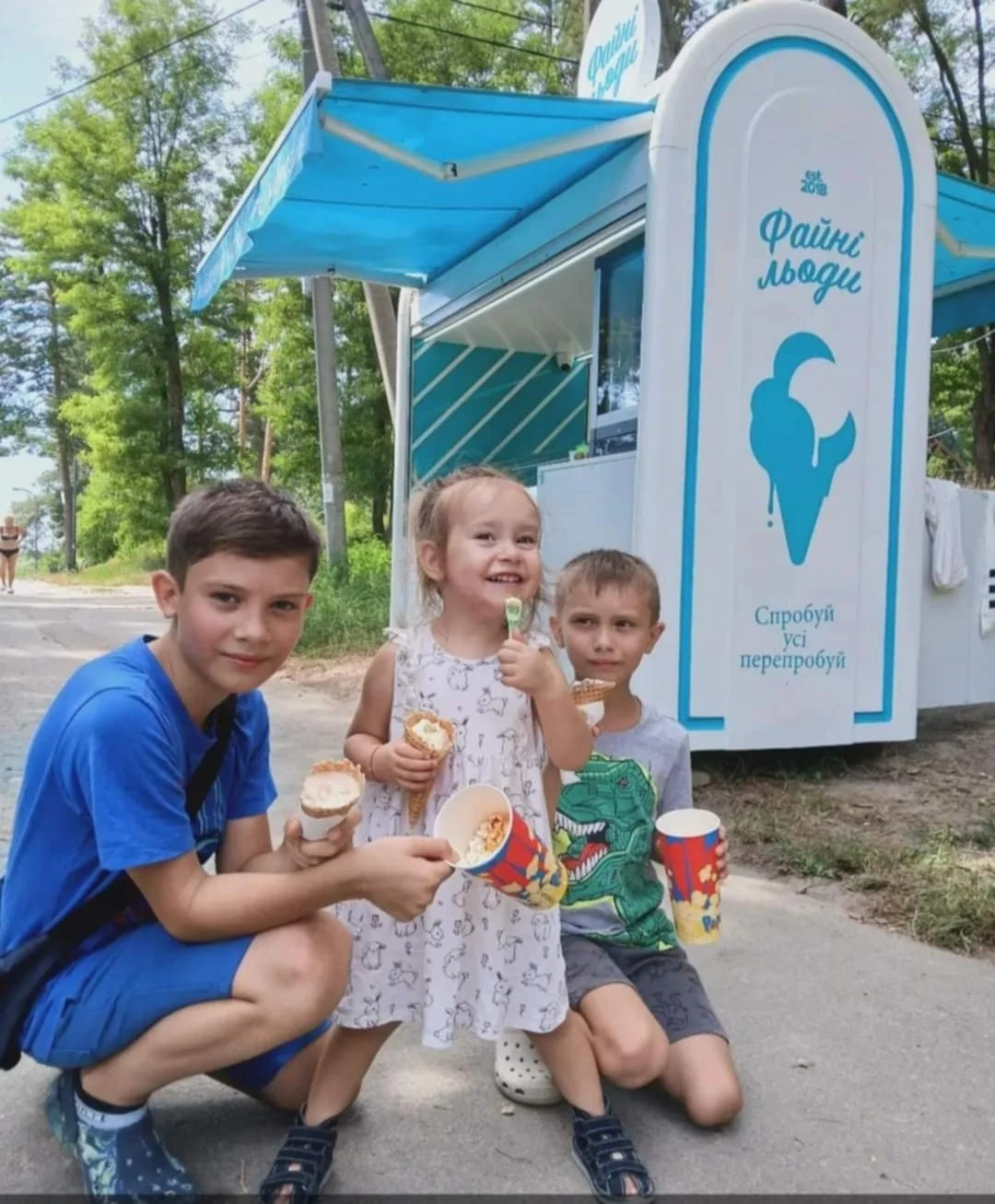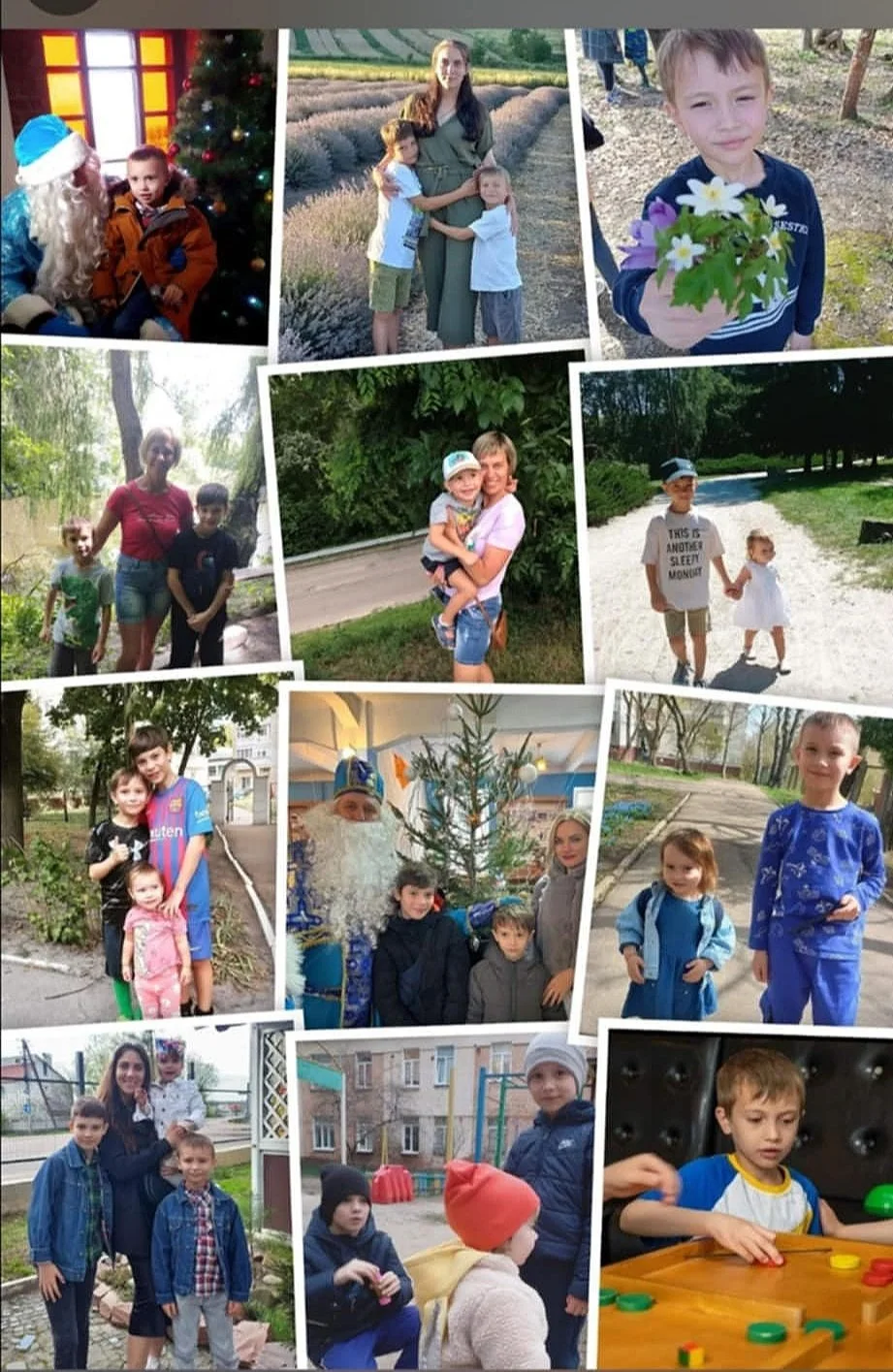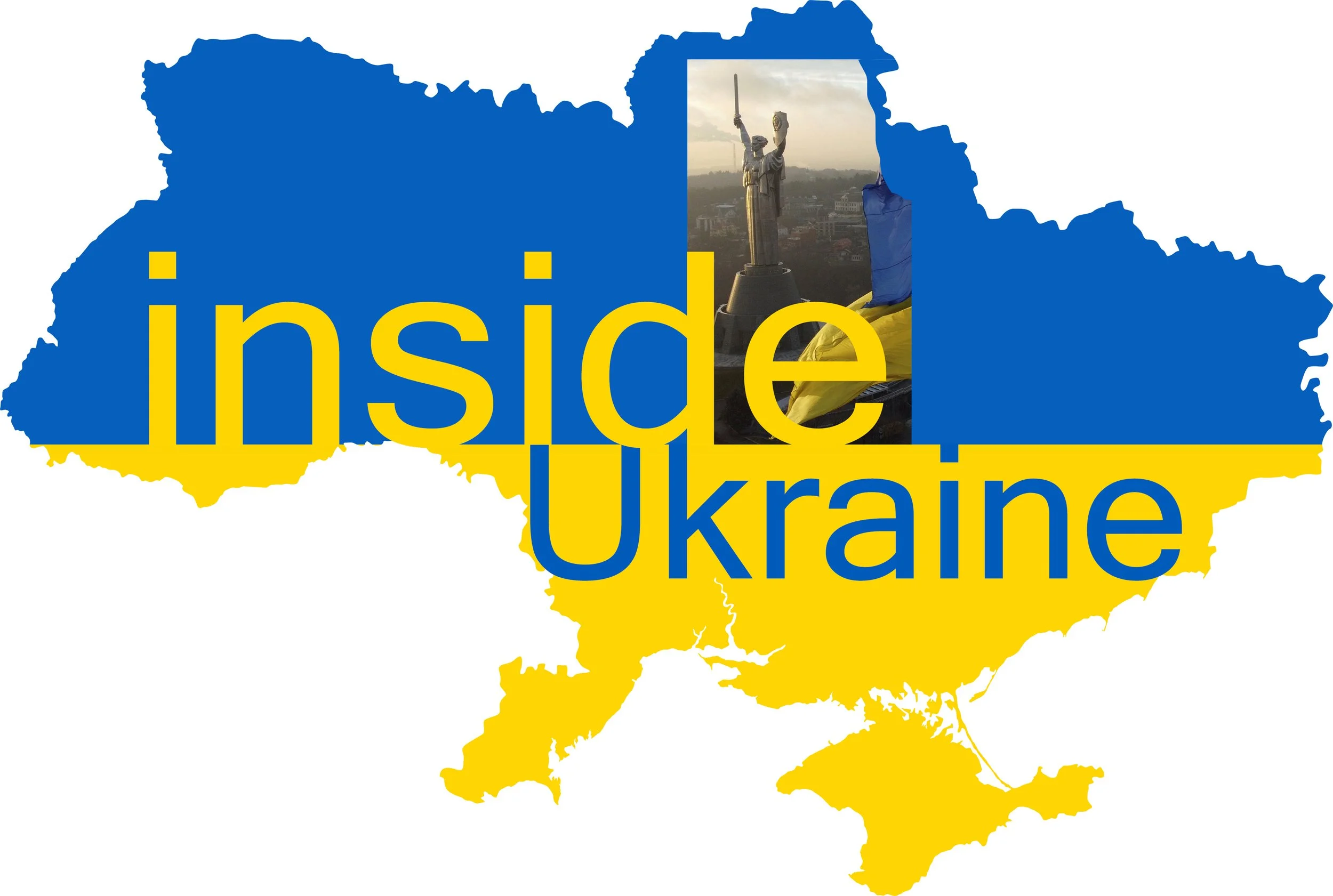THIS INSIDE UKRAINE STORY IS FROM the Undisclosed frontline Location.
* All images and answers in the feature were provided by the WOW Woman, unless otherwise specified.
INSIDE UKRAINE SERIES: A SNAPSHOT, A DAY-IN-THE-LIFE, A GLIMPSE OF WHAT IT’S LIKE TO LIVE, RESIST, SURVIVE AND PERSEVERE IN A NATION UNDER ATTACK.
GLORY TO THE UKRAINIAN WOW WOMEN, who fight for freedom AND BRING UKRAINE CLOSER TO VICTORY.
Border Guard, senior sergeant, Armed Forces of Ukraine, Undisclosed Location, Ukraine
Liudmyla Hultso is from the town of Druzhba in Ukraine’s Sumy region. Before the full-scale war, she spent three decades working with children as a physical education teacher. One year before russia launched its all-out invasion of Ukraine, she enlisted in the State Border Guard Service. Today, she serves as a senior sergeant and medical instructor with the Armed Forces of Ukraine defending Ukraine’s borders. She lives and works on the front line, often facing the enemy directly—sometimes quite literally across the border. Russian forces continue to shell Ukrainian positions daily with drones and missiles.
Liudmyla remains undeterred. She defends not only her country, but the memory of her two sons. She defends her two grandsons—to shield them from russian brutality—and she defends the people of Ukraine, to ensure they never live under occupation.
“Ukrainians are an unbreakable nation—courageous, steadfast, with great strength of spirit, ready to fight and die for our freedom and dignity,” she writes. “We love our homeland. We are alive, and we will continue to defend our land until the last enemy is defeated. Our fight is for the memory of those defenders who were killed fighting for freedom, for peace, for the future of our children. As long as we live, we must stand for those who gave up their lives. Ukraine is us, and we simply have no right to break.”
Her sons, no doubt, would be proud of the mother who continues to stand in their place.
1. Name
Liudmyla Hultso.
2. Where were you born and where do you live now?
I was born in Druzhba (translated as Friendship) in Sumy region of northeastern Ukraine (after 2024, the town has been renamed to Khutir-Mykhailivskyi). I now live in the town of Bilopillya, Sumy region.
3. What did you study and what profession do you work in now?
I studied at Sumy State Pedagogical University, specialising in physical education. I am a physical education teacher by profession. I started my career at the Druzhba School No. 2 in 1990. I dedicated 30 years to this profession.
In 2021 (a year before the full-scale russian invasion), I decided to join the ranks of the State Border Guard Service (part of the Armed Forces of Ukraine), where I have been serving ever since.
4. What did your normal day look like before the full-scale war and how has your life changed since the invasion of Ukraine? Where were you and how did you find out/feel the beginning of the Russian offensive?
Before the full-scale invasion of Ukraine, my usual days were full of dreams and hopes for the future: I would do my housework, meet my friends, visit my grandchildren. Even after I changed my profession from a physical education teacher to a military servicewoman, I continue to play sports and lead an active lifestyle. Before the full-scale invasion, I had more time to dedicate to it: I played on a volleyball team, exercised, took part in races to benefit the fallen ATO (anti-terrorist operation) soldiers, because my son Artem was one of those fallen soldiers.
On February 04, 2022, I had a milestone birthday. I was on holiday at the time and celebrated this day in a warm family circle with my mother and my grandchildren. It was my last birthday in peacetime.
On the 24th of February, 2022, I received a command from the base to come to the unit immediately. They already knew about the all-out invasion of Ukraine by the Russian troops. Upon arrival at the base, I, along with other soldiers, went to a designated place where we took up the defence. On that morning, February 24, 2022, russian troops fired at our border checkpoints, all our units, and the entire border of the Sumy region. They proceeded to move across our border in columns of soldiers, tanks, vehicles, and other military equipment.
After the invasion of Ukraine, my life changed dramatically: most of my life is spent serving in trenches and dugouts. It is impossible to plan my working and everyday life. Most nights are sleepless, under constant shelling from the aggressor.
5. What difficulties did you encounter after the invasion? What brought you to the front?
The war brought many difficulties. As a civilian living a peaceful and fulfilled life, I was suddenly immersed fully in a life of a soldier and all the hardships that came with that: cold, heat, rain and rats. As a woman soldier, I had difficulties with the weight of the bulletproof vest and the size of military boots and clothing, which were made for men. But now they have started to make them for women too.
The war has changed my outlook on life and my values. I have learned to be more resilient and to overcome all difficulties.
I was driven to the front by a desire to avenge the murder of my son and to protect my grandchildren, my mother, and by my hatred for the murderers of my people.
6. What do you think are your strengths and superpowers?
As a woman who has endured all the hardships of military service in wartime, I have learned to trust people, my brothers and sisters-in-arms. In critical situations, I have learned to remain calm and think clearly. I have learned to provide first aid and shoot a grenade launcher. Life in wartime requires constant adaptation to new things and changes, and to work in sometimes difficult conditions. I taught myself to say, "I must do this"—for myself, for my family, for my friends. I’ve learned to be resilient. Because life in wartime requires great stamina, ability to adapt, face and accept change and work in often difficult conditions. Because life in wartime requires adapting to constant changes, working in sometimes difficult conditions.
I have made many friends who are (military) volunteers. With their help, I solve many problems related to the war and getting help for my unit. Every day I learn a lot of new things, improve my knowledge and skills, and gain new experience. After thirty years of working with kids in a school setting, military service was a completely different world to adjust to. At the start of the full-scale war, everything was new: combat experience, emergency medical skills, acquiring new weapons, technology and mastering new military equipment. My commanders and fellow soldiers help me master it all.
I have learned to hold myself together under extreme stress. I try to stay positive for the people around me, lift their spirits and encourage them even during the hardest days. Sometimes, it’s just a word, a conversation, or the simple willingness to listen that makes the difference—on duty and in everyday life.
7. What specific actions (big or small) have you taken and continue to take to help Ukraine and the Ukrainian people?
I continue—and will continue—to defend my Homeland, my people, my family, and my friends. I show by my own example that not only men, but women too, take up arms to defend our country from those who came to destroy it. Ukrainians are a strong, freedom-loving, hardworking people. When a Ukrainian soldier falls, he looks his enemy in the eye and dies with the words: "Glory to Ukraine."
I don't think I have done anything grand. I am a woman, a mother. But I raised my sons to love their Homeland, and from the very beginning of the war, they stood up to defend Ukraine. I gave my heart and soul to raising them to be kind, compassionate, and strong. And although the war took them from me, I know they lived and died for something they believed in. That, to me, is the greatest contribution I could have made.
My beloved sons, they were too young to die. They were full of strength and energy, loved life and their family. The most precious and beloved things in my life are my grandchildren. This is the only way they are able to visit their father now.
8. How do you take care of yourself? Is it possible to remain mentally stable in wartime? What exactly helps you pull yourself together?
War is no excuse to neglect yourself. A woman always remains a woman. Constant stress and sleepless nights take their toll. Rest and vacation are a luxury. War is not only physically demanding, but also emotionally. It is psychologically difficult when your comrade dies, it is hard to see people suffering.
We try to support one another. We find time to sit together over a cup of coffee. I love running and fitness. I read a lot—that soothes me, helps me gather my thoughts, reset. But honestly, more than anything, I sometimes just want to do nothing—lie down, sleep, and not think about anything.
9. What do you do on the hardest days at the front? How do you pull yourself together when you feel like giving up?
On the hardest days, we fight and pray—to survive, to keep each other alive. Every new day begins with the words: "Thank God we survived the night. Please help us survive the day."
When you wake up, you are either still on duty or about to be. And when you see your comrades next to you, you don't think about running away. Where would you go? Behind us stands Ukraine, our people. If not us, then who? And so a new day begins. You just get used to it all and tell yourself: "You must!" You must hold on. You must live to see Victory. You must survive to see your loved ones again. And because they are waiting for you, you pick yourself up and start a new day, a new night. One day, we will look back and say, "It was hard, but we made it."
Serving Ukraine, training and doing what is necessary to survive while guarding the border from the enemy.
The flowers presented by my brothers-in-arms are the most meaningful to me (here, on Women’s Day). Trying to stay festive on the frontline.
10. Please describe your relationships with your brothers and sisters-in-arms. For those who don't understand what it’s like to serve and protect a country, could you explain what it’s like to trust someone with your life?
On the frontlines, we are one family, one entity. We are one team. We live together, eat together, fight the enemy together. Over time, I have grown completely used to the military service and the people around me. Our unit is close-knit and built on real friendship, support, and understanding.
I can completely trust my comrades—those who watch my back, who safeguard not only their lives but mine as well. A brother-in-arms endures everything. With them, you can laugh, cry, argue, talk. With them, you can survive the pains of war because they, too, have lived through it. Each fighter must know and trust their comrade, act as one organism. “One man alone is not a warrior”—this is the main principle of battle coordination. Without clear teamwork, lives are lost.
Today you might be drinking tea with someone; in a few minutes, they might no longer be beside you. Losing comrades is agony, as if part of your own heart is torn away. The war continues, and unfortunately, so do the pain and suffering. But we have no right to give up. We must remember that thanks to each and every one of us, thanks to every unwavering heart, the front line is holding strong.
Our fight is for memory of those defenders who were killed fighting for freedom, for peace, for the future of our children. As long as we live, we must stand for those who gave up their lives. Ukraine is us, and we simply have no right to break.
Moment of Silence to honour my brothers-in-arms Senior Master Sergeant Oleksandr Avramenko and Master Sergeant Andrii Bdiukhin who were servicemen of the Sumy Border Control.
During the full-scale war with russia, on March 22, 2024, defenders were killed while carrying out a combat mission to guard and defend the state border of Ukraine. That evening, the enemy launched an airstrike on the position of a border patrol. As a result of two aerial bombs (KABs) exploding, tragically, both border guards were killed. These were my people, my brothers-in-arms. I’ve worked closely with them.
From the first days of russia's full-scale invasion, Oleksandr Avramenko, together with his fellow border guards from Sumy, defended russian approaches to Chernihiv. At the end of March 2022, on the outskirts of Chernihiv, near the village of Staryi Bilous, the border guards established defensive positions and held back the enemy’s advance. Around midnight, Oleksandr heard the clinking of metal near the destroyed bridge over the Bilous River inlet. Using a night vision device, he spotted a group of eight armed and equipped individuals moving stealthily across the inlet, maintaining a distance of about three meters between each other, and heading toward the border guards' position. Oleksandr immediately reported the situation to the unit commander. Thanks to his vigilance, the border guards successfully repelled the assault by the enemy’s sabotage and reconnaissance group. Senior Master Sergeant Oleksandr Avramenko will forever remain 45 years old.
Andrii Bdiukhin In 2015–2016, he served with the Kramatorsk Border Detachment. He was a participant in the Anti-Terrorist Operation in eastern Ukraine and took part directly in the defense of Marinka. In 2016, Andrii Bdiukhin returned to his native Sumy region, where he defended Ukraine’s state border until his last day. Andrii will forever remain 38 years old.
Eternal Glory and Remembrance to the Heroic Border Guards!
Senior Master Sergeant Oleksandr Avramenko (left) and Master Sergeant Andrii Bdiukhin (right)
11. Do you feel the war has changed you? In what ways? What has been your biggest realization?
The war changed me back in 2015, when my eldest son died. It changed how I see the world, how I live, how I value time. I became stronger and more resilient. I stopped caring about material things. I learned to draw strength from within—to keep working, to keep supporting others. I have learned to appreciate the time I spend with my family and friends, moments of joy and peace, rest and sleep. Unfortunately, this is very rare.
I have learned to value life and health much more. Material things are no longer my priority. I became more resilient, stronger. I found the strength within myself to keep working and to support others.
I learned to treasure time spent with family and friends—the rare moments of joy, peace, rest, and sleep. I learned to truly see the world around me, to admire the landscapes of my homeland. I watch the seasons change—the first buds in spring, the blossoming orchards, the falling autumn leaves, the first snowfall. Appreciating these small miracles has become especially precious.
Seeing beauty, even on the frontline. Many stray cats and dogs find their way to us. After the war, my dream is to make a photo exhibition of my photos of our nature. “Nature and war.”
And what about our electricians, rescuers and medics?! They are always on duty. Our teachers, despite the uncertainty of their future, continue to teach our children. This is inspiring, and you immediately understand that we must fight and endure for our future, for our children and grandchildren. This has become my revelation, the revelation that life can be harsh and cruel, but you can always find light. Every day is a new opportunity for gratitude and love. I have also learned not to put things off until tomorrow, because tomorrow may never come. People have become close, like family, because we all have one goal: Victory.
12. What do you want the world to know about Ukrainians at this moment in time? About Ukrainian women?
I want to say about our Ukrainian women in the words of a song by our Ukrainian singer Olena Bilokon:
“Ukrainian woman, the guardian of her family.
She protects her land and her family!
She embodies strength and will; she is unbreakable.
Because love in her heart is her glorious destiny!”
The war has shown that the Ukrainian woman is a symbol of hope and strength. She is a mother who sends her child to war, a mother who buries her child because the enemy chose their fate, a wife who waits for her husband but then becomes both mother and father to their children or a grandmother who prays day and night for her grandchildren.
Even when their hearts are breaking, Ukrainian women find love inside themselves—and that love gives them strength. Ukrainian women-warriors put on combat boots and stand side by side with men to fight the enemy. These are women who have taken men’s places at work and now hold Ukraine’s rear. They protect everything that matters. They are the guardians of our family — mothers, wives, warriors. The world should know: many Ukrainian women have given their lives for Ukraine.
Ukrainians are an unbreakable nation, courageous, steadfast, with great strength of spirit, ready to fight and die for our freedom and dignity. We love our land and our homeland. We are alive and will continue to defend our land until the last enemy is defeated.
13. Which WOW women inspire you?
There are many WOW Women who inspire me with their strength and achievements. These include my sisters-in-arms and my friends, who are teachers educating children amid the sounds of sirens. They are my volunteer friends who work day and night to help us, medical professionals I know from the front lines who bring soldiers back from near-death, journalists who are among the first to arrive at the battle site and risk their lives to bring people the news. These are WOW Women! In general, during times of war, every other woman can be called a WOW woman.
14. What places or activities make you happiest?
Some of the happiest moments for me come when I’m able to play sports, paint, read, or meet with friends. These small, quiet activities help me to relax, to reset my mind, and to stay connected to myself.
I especially enjoy giving gifts to friends. Seeing their smiles brings warmth to my heart and reminds me that even small gestures of kindness can lift the spirit. In a time of war, these simple moments of joy are especially precious.
15. What is the first thing you will do when Ukraine wins? What do you dream of for yourself and your family after the war?
The first thing I will do when Ukraine wins is turn off the air raid alerts on my phone. I know I will cry, thinking of my sons, my brothers-in-arms, and my friends who gave their lives for this Victory. I will lay flowers on their graves in their memory.
I dream of reuniting with my family and friends—some of whom I haven't seen in a very long time. I want to meet the new friends who helped me during these years, to hug them, to say thank you.
I dream of taking my grandchildren and my mother somewhere peaceful and quiet, where we can simply rest, travel, and enjoy life without fear. Most of all, I dream of cherishing every moment we will still have together.
My greatest joy is my family: mother and grandkids
16. In your opinion, how do russian people differ from Ukrainians (unfortunately, many people in the West need to be reminded of this and told about it)? Were we aware of these differences before the full-scale war? Were we in denial?
Before the full-scale invasion, we considered russians to be a brotherly people, but from the first days of the full-scale war, we understood we were wrong. The war showed us that russians have no real understanding of humanity. All the brutality they show towards us is the height of in-humanity and cynicism: thousands of people killed, many wounded, stolen children, raped women, maimed and killed elderly. Isn't that a war crime?
And what about completely destroying and levelling Ukrainian cities and villages? Google Bakhmut, Popasna, Maryinka, Soledar, just to name a few. Russians have simply wiped them off our land. Is it not a crime to destroy schools, kindergartens, hospitals and playgrounds? These in-human beings are destroying our wheat fields, our farms, our bakeries, and everything that sustains civilian life. They loot Ukrainian homes. They terrorize peaceful citizens. And their cruelty toward our prisoners of war? Pure barbarity.
17. Do Ukrainians living abroad have any responsibility toward Ukraine?
I cannot speak for anyone else. Everyone chooses their own path. Many women who left Ukraine were saving the lives of their children, and that was the right choice for them. Many Ukrainians living abroad continue to help however they can—through donations, through advocacy, through keeping the world’s attention on our struggle.
18. Where can people find you?
ЦЯ ІСТОРІЯ "INSIDE UKRAINE" - З ПЕРЕДОВОЇ.
* Всі фотографії та відповіді в матеріалі були надані WOW Woman, якщо вказано інакше.
СЕРІЯ INSIDE UKRAINE/ВСЕРЕДИНІ УКРАЇНИ: МОМЕНТАЛЬНИЙ ЗНІМОК, ОДИН ДЕНЬ З ЖИТТЯ, ПОГЛЯД НА ТЕ, ЯК ЦЕ - ЖИТИ, ЧИНИТИ ОПІР, ВИЖИВАТИ І НЕ ЗДАВАТИСЯ В КРАЇНІ, ЯКА ПЕРЕБУВАЄ ПІД ЗАГРОЗОЮ.
СЛАВА українським WOW-жінкам, ЯКІ ПІДТРИМУЮТЬ СВОЮ УКРАЇНУ І НАБЛИЖАЮТЬ КРАЇНУ ДО ПЕРЕМОГИ.
Прикордонник, Старший Сержант, Збройні Сили України, Місцезнаходження не розголошується, Україна
Людмила Гульцо родом з міста Дружба, що на Сумщині. До початку повномасштабної війни вона три десятиліття працювала з дітьми вчителькою фізкультури. За рік до початку тотального вторгнення росії в Україну вона вступила до лав Державної прикордонної служби. Сьогодні вона служить старшим сержантом та медичним інструктором у Збройних силах України, захищаючи кордони України. Вона живе і працює на лінії фронту, часто стикаючись з ворогом безпосередньо - іноді буквально через кордон. Російські війська продовжують щодня обстрілювати українські позиції.
Людмила залишається непохитною. Вона захищає не лише свою країну, але й пам'ять про двох своїх синів. Вона захищає своїх двох онуків, щоб вберегти їх від російської жорстокості, і вона захищає народ України, щоб не допустити, щоб він жив під окупацією.
"Українці - незламна нація - мужня, стійка, з великою силою духу, готова боротися і померти за нашу свободу і гідність, - пише пані Гульцо. «Ми любимо свою Батьківщину. Ми живі, і ми будемо продовжувати захищати нашу землю, поки не буде переможений останній ворог. Наша боротьба - за пам'ять тих захисників, які загинули, борючись за свободу, за мир, за майбутнє наших дітей. Поки ми живі, ми повинні стояти за тих, хто віддав своє життя. Україна - це ми, і ми просто не маємо права зламатися».
Її сини, без сумніву, пишалися б матір'ю, яка продовжує стояти на їхньому місці.
1. Імʼя
Людмила Гульцьо.
2. Де ви народилися і де ви зараз живете?
Народилась я у Сумській області, місто Дружба. Живу у Сумській області, місто Білопілля.
3. На кого навчались та за якою професією працюєте зараз?
Я навчалась у Сумському державному педагогічному університеті. За фахом вчитель фізичної культури. Свою трудову діяльність розпочала у Дружбівській школі номер 2, у 1990 році. Цій справі віддала 30 років життя.У 2021 році прийняла рішення доєднатися до лав Державної прикордонної служби, де служу і до сьогодні.
4. Як виглядав ваш звичайний день до повномасштабного та як змінилася ваше життя після вторгнення в Україну?
Де ви були і як дізналися/відчули початок російського наступу?
До повномасштабного вторгнення в Україну мої звичайні дні були сповнені мрій та сподівань на завтрашній день: зробити домашні справи,зустрітися з друзями,провідати онуків.Я дуже люблю подорожувати.Моє хобі-це спорт. Навіть після того,що я змінила професію вчителя фізичної культури на військовослужбовця і далі продовжую займатися спортом та вести активний спосіб життя.До повномасштабного вторгнення мені це більше вдавалося: грала у волейбольній команді, займалася фітнесом, брала участь у забігу на честь загиблих воїнів АТО, бо мій син Артем -один із них.Це було частиною мого життя. 04.02.2022 року у мене був ювілейний день народження.У цей час я була у відпустці і зустріла його у теплому родинному колі матусі і онуків.Це був мій останній мирний день народження.
24.02.2022 року з підрозділу прибула команда терміново прибути до підрозділу. Вже було відомо про повномасштабне вторгнення російських військ в Україну. Прибувши до підрозділу, я разом з іншими військовослужбовцям вибули до визначеного місця, де ми зайняли оборону. Вранці 24 лютого 2022 року російські війська здійснили обстріл прикордонних пунктів пропуску, підрозділів, прикордоння Сумщини. Вони почали колонами солдат, танків, машин, іншою військовою технікою рухатися через наш кордон.
Після вторгнення в Україну моє життя кардинально змінилося: більша частина життя проходить на службі в окопах і бліндажах. Робочі та буденні дні спланувати взагалі не можливо. Більшість ночей безсонних: під постійними обстрілами агресора.
5. З якими труднощами вам довелося зіткнутися після вторгнення? Що привело вас на фронт?
Війна принесла з собою багато труднощів, бо мені, як людині, яка жила у мирній країні, довелося відчути на собі всі труднощі військовослужбовця: це холод, жара, дощі і пацюки. Були труднощі, як жінки військовій, з вагою бронежилета, розміром військового взуття і одягом. які були виготовлені для чоловіків. Але зараз вже почали виготовляти і для жінок.
Війна змінила мої погляди на життя та цінності. Я навчилася бути більш стійкою та долати всі труднощі.
На фронт мене привело бажання помститися за мого загиблого сина, захистити моїх онуків, мою матусю, зло і ненависть до вбивць мого народу.
6. Які, на вашу думку, ваші сильні сторони та надздібності?
Як жінка - військовослужбовець, яка на собі переносить усі труднощі служби у військовий час, я навчилася довіряти людям, своїм побратимам і посестрам. У критичні ситуації навчилася зберігати спокій і думати розсудливо. Надавати першу медичну допомогу і стріляти з гранатомету. Бути стійкою. Бо життя в умовах війни вимагає великої стійкості, адаптуватися до всього нового, до змін, працювати в таких іноді тяжких умовах.Я навчилася казати собі треба: треба для мене, для моїх рідних і друзів.У мене з'явилося багато друзів -волонтерів. За їх допомогою я вирішую багато проблемних питань пов'язаних з війною. Щодня опановую багато нового, вдосконалюю свої знання, навички та набираюся нового досвіду. Після тридцятирічної праці у школі, служба у війську - це зовсім все нове. А під час війни зовсім все інше: бойовий досвід, медичні навички, нова зброя, військове спорядження.У цих знаннях мені допомагають мої керівники та колеги. Я навчилася триматися у стресових ситуаціях. Намагаюся бути позитивною для оточуючих, підбадьорювати інших навіть у важкі часи. Це може бути прості слова, готовність вислухати не тільки на службі, а й у повсякденному житті.
7. Які конкретні дії ( великі чи маленькі) ви зробили та продовжуєте робити, щоб допомогти Україні та українському народу?
Я продовжую і буду продовжувати захищати свою Батьківщину, свій український народ, свою сім'ю, своїх друзів. Своїм прикладом я показую, що не тільки чоловіки, а й жінки тримають зброю у руках, щоб бити ворога, який прийшов на мою землю, щоб вбити мою націю, захватити мої землі. Українські люди- сильна і волелюбна нація, добра і трудолюбива. І коли вбивають українського солдата, він дивиться в очі ворога і вмирає зі словами: " Слава Україні".
У мене не має великих дій. Я жінка, мати. Але я родила і виховала своїх синів, захисників нашої Батьківщини. Всю свою душу вкладала у своїх синів, які були моєю опорою і гордістю. Були....Бо їх забрала клята війна. З самого дитинства я виховувала своїх дітей так, аби вони були добрими і чуйними. Щоб вони поважали людей і любили свою Батьківщину. І з перших часів війни вони встали на захист України.
8. Як ви дбаєте про себе? Чи можна взагалі залишатися морально стабільним в умовах війни? Що саме допомагає вам збирати себе докупи?
Війна - це не привід забувати про себе. Жінка, завжди залишається жінкою. Постійні стреси, безсонні ночі дають про себе знати. Відпочинок і відпустка- це розкіш. Війна - це не тільки фізичне навантаження, а й емоційне. Психологічно тяжко, коли гине твій побратим, важко бачити страждання людей. Ми намагаємося підтримувати один одного. Знаходимо час зустрітися за чашкою кави. Я люблю займатися спортом: побігати, зайнятися фітнесом.Багато читаю. Це дуже заспокоює, можна зібратися з думками, перезавантажитися. А більше за все хочеться просто ничого не робити: лежати, спати і не думати ні про що.
9. Що і як ви робите у важкі дні на фронті? Що відбувається, коли прокидаєшся і хочеться все бросити і втекти? Як після цього взяти себе в руки і почати новий день?
У важкі дні на фронті ми воюємо, молимося Богу, щоб всі були живі і не поранені. Новий день починається зі слов: " Слава Богу ніч пережили, дай Боже пережити день". Коли прокидаєшся з ранку ти або ще на службі, або вже на службі.І коли бачиш своїх товаришів поруч, то не думаєш, що хочеться все покинути і втекти. А куди втекти? За нами Україна і наш український народ. А хто буде захищати їх, якщо не ми, якщо не ми самі. І так починається новий день. Звикаєш до всього.І кажеш собі: " Треба". Треба боротися і вистояти.Треба дожити до Перемоги. Треба ще зустрітися з рідними і друзями. Треба, бо вони чекають. Так і береш себе до рук і починаєш новий день і ніч.І колись ми скажемо таку фразу: " Було важко, але ми пройшли це ...".
10. Опишіть, будь ласка, ваші стосунки з братами та сестрами на фронті. Для тих, хто не має уявлення, як це - служити і захищати країну. Чи могли б ви описати, як це - бути так близько до когось, довіряти йому своє життя і вірити в нього?
На війні ми з побратимами - одна сім'я, одна команда. Усі ми - одне ціле. За цій час я вже звикла до служби і колективу. У нас дружній та злагоджений колектив, де панує дружба, взаємодопомога, взаєморозуміння. Більшу частину часу ми проводимо поруч.Разом їмо, спимо, служимо. Я можу повністю довіряти своїм побратимам: тим, хто прикриває наші спини, хто береже не лише своє життя, а й життя кожного з нас.Побратим все витримає. З ним можна посміятися, бути відвертим, посваритися, поговорити. З ним можна разом пережити біль війни, бо він теж пройшов це сам. Кожен боєць має знати свого побратима, довіряти йому та діяти, як один організм. " Один у полі не воїн"-головний принцип бойового злагодження. Якщо не має чіткої взаємодії, то це може коштувати життя. Сьогодні можеш з ним пити чай, а через декілька хвилин його може вже не бути поруч. Дуже тяжко переживати мені загибель побратимів, це ніби відривається частина мого серця.
Війна продовжується, і , на жаль, біль і страждання не зупиняються. Але ми не маємо право здаватися. Ми маємо пам'ятати, що завдяки кожному з нас, кожному серцю, яке не здається, тримається наш фронт. Наша боротьба - це боротьба за пам'ять, за мир, за майбутнє наших дітей. І поки ми живі, ми повинні стояти за тих, хто віддав своє життя, хто бореться за нашу землю. Україна- це ми, і ми не маємо право зламатися.
11. Чи відчуваєте, що війна змінила вас? Яким чином? Чи здивувались ви самій собі (як ви тримались, залишалися сильними, знаходили натхнення в несподіваних джерелах тощо), у своїй країні, у своїх уявленнях про людяність, у своєму ставленні до світу? Що стало для вас прозрінням?
Звичайно війна змінила мене ще у 2015 році, коли помер мій старший син. Вона змінила мене як особистість, як професіонала. Я стала більше цінувати життя і здоров'я. Матеріальні цінності для мене не стали першочерговими. Я стала більше стійкою, сильнішою. Навчилася знаходити в собі силу, щоб працювати та підтримувати інших. Я навчилася цінувати час проведений з сім'єю, друзями, моменти радості і спокою, відпочинок і сон. Але це буває дуже рідко. Я навчилася бачити навколишнє середовище, милуватися рідними краєвидами. А ще я милуюся змінами в природі: як з'являються бруньки і цвітуть сади,як опадає листя і падає сніг. Цінувати такі моменти в житті - особливо приємно. А ще невід'ємною частиною нашого воєнного життя стали тварини, які безпритульно блукають розбитими вулицями наших сіл і міст, прибиваються до наших бліндажів та просять притулку. Мій світогляд про людяність змінився під час війни. Я знала, що український народ - найлюдяніший з усіх на світі. Я бачу, як люди об'єднуються в кризових ситуаціях, допомогають один одному хто як може: хтось шиє броники, взуття і одяг, хтось пече пиріжки і варить борщ, хтось сіє хлібі і пече його. А які наші електрики, рятувальники, медики !!! Вони завжди на посту. Наші вчителі незважаючи на свою тяжкість майбуття: гради, ракети, шахеди і далі навчають наших дітей. Це надихає і відразу розумієш, що ми повинні боротися і вистояти за наше майбутнє, за наших дітей і онуків. Це стало моїм прозрінням, прозрінням того, що життя може бути жорстким і злим, але завжди можна знайти світло. Кожен день - це нова нагода для вдячності та любові. Ще я навчилася не відкладати все на завтра, бо завтра може не наступити. Люди стали близькими, рідними, бо у кожного одна мета - Перемога.
12. Що ви хочете, щоб світ знав про українців у цей момент часу? Про українських жінок?
Про наших українських жінок я хочу сказати словами пісні нашої української співачки Олени Білоконь:
Жінка - українка, роду берегиня.
Захищає землю і свою родину!
В неї сила й воля, і вона незламна.
Бо любов у серці - доля її славна!
Війна показала, що українська жінка - це символ надії і сили. Мати - яка проводжає свою дитину на війну, мати - яка хороне своє дитя, бо ворог вирішив її долю, дружина - яка чекає свого чоловіка і стає своїм дітям і мамою і татом, бабуся - яка день і ніч молиться за онуків. Хоч душа і плаче від болю, но вона знаходить любов у серці, яка дає їй силу. Українська жінка - жінка воїн, яка одягла берці і стала поруч з чоловіками на боротьбу з ворогом.Це - жінка, яка стала на місце чоловіків і робить їхню працю. Все, що найдорожче, жінка захищає. Вони наші берегині роду- матусі, дружини, воїни. Я хочу ,щоб світ знав, що багато українських жінок віддали своє життя за Україну.
Українці - це не незламна нація, мужні, стійки, з великою силою духу, які готові боротися та погибати за свою свободу і гідність, які люблять свою землю і свою Батьківщину. Ми живі і будемо продовжувати боронити свою землю до останнього ворога.
13. Які WOW-жінки вас надихають?
Є багато WOW - жінок, які надихають своєю силою, досягненнями. Це і посестри по зброї, і мої подруги - вчителі, які вчать дітей під сиренами. Це - мої друзі - волонтерки, які день і ніч працюють, щоб допомогти нам, знайомі медики з передової, які витягують інших з того світу, журналісти, які одні з перших з'являються на місцях бою і ризикуючи своїм життям, доносять людям всю інформацію. Під час війни можна кожну другу жінку назвати WOW - жінкою.
14. Яке місце або заняття робить вас найщасливішою?
Найщасливішими моментами в моєму житті є : зайняття спортом, малювання, читання, зустрічі з друзями.Я можу відпочити, перезавантажитися, залишитися на одинці зі своїми думками. Мені подобається дарувати подарунки своїм друзям.Коли бачу їхню посмішку на обличчі, мені стає радісно на душі.
15. Що ви зробите в першу чергу, коли Україна переможе? Про що ви мрієте для себе та своєї родини після закінчення війни?
Перш за все вимкну сповіщення про тривогу. Україна обов'язково Переможе і я трішечки поплачу, згадуючи своїх синів, бойових побратимів, друзів, які боролися за цю Перемогу. А потім обов'язково покладу квіти на їх могили. Зустрінусь зі своїми рідними і близькими моїми людьми, яких я вже давно не бачила. Обов'язково побачуся з моїми новими друзями, які мені допомогали весь цій час.Взяти своїх онуків, матусю і поїхати на відпочинок, подорожувати, де тихо і спокійно. Просто насолоджуватися життям. Цінувати кожній момент свого життя.
16. Чим, на Вашу думку, росіяни як народ відрізняються від українців (багатьом на заході, на жаль, доводиться про це нагадувать і розповідати)? Чи знали ми про ці відмінності до повномасштабного конфлікту? Чи були в стані заперечення?
До початку повномасштабного вторгнення ми вважали росіян братнім народом, але з перших днів війни ми , як ніхто зрозуміли наскільки цей народ цинічний : для них взагалі не існує слова " людяність". Все те звірство, яке вони проявляють по відношенню до нас - це вершина не людства і цинізму: тисячі убитих, скалічених і вкрадених дітей, згвалтованих жінок. Вбитих і поранених стареньких людей...Чи це не злочин? А повністю зруйновані і спалені міста та села. Росіяни їх просто стерли з нашої землі. А чи не злочин розбивати школи, дитячі садочки, лікарні, дитячі майданчики. Ці нелюди знищують наші хлібні поля, ферми, хлібопекарні, підприємства, які забезпечують нас продуктами харчування та побуту. Займаються грабежем. Банальне терористичне знищення мирного населення.А яке звірство вони проявляють над нашими військовополоненими. Чи це не злочин ...?
17. Чи відчуваєте ви, що люди, які виїхали з України під час хвилі виїзду у 2022 році, або ті українці, які вже роками живуть за кордоном, чи мають вони якусь відповідальність перед батьківщиною?
Я не можу говорити про когось. Кожен сам обирає свій шлях. Не маю право когось засуджувати. Жінки, які виїхали за кордон, рятували життя своїх діточок.Якщо вони так вирішили, значит так вважали за потрібне. Багато нашіх українців, які там зараз живуть, допомогають нам, як можуть.
18. Де інші можуть знайти інформацію про вас/вашу діяльність? (посилання на вебсайт, сторінки в соцмережах тощо

